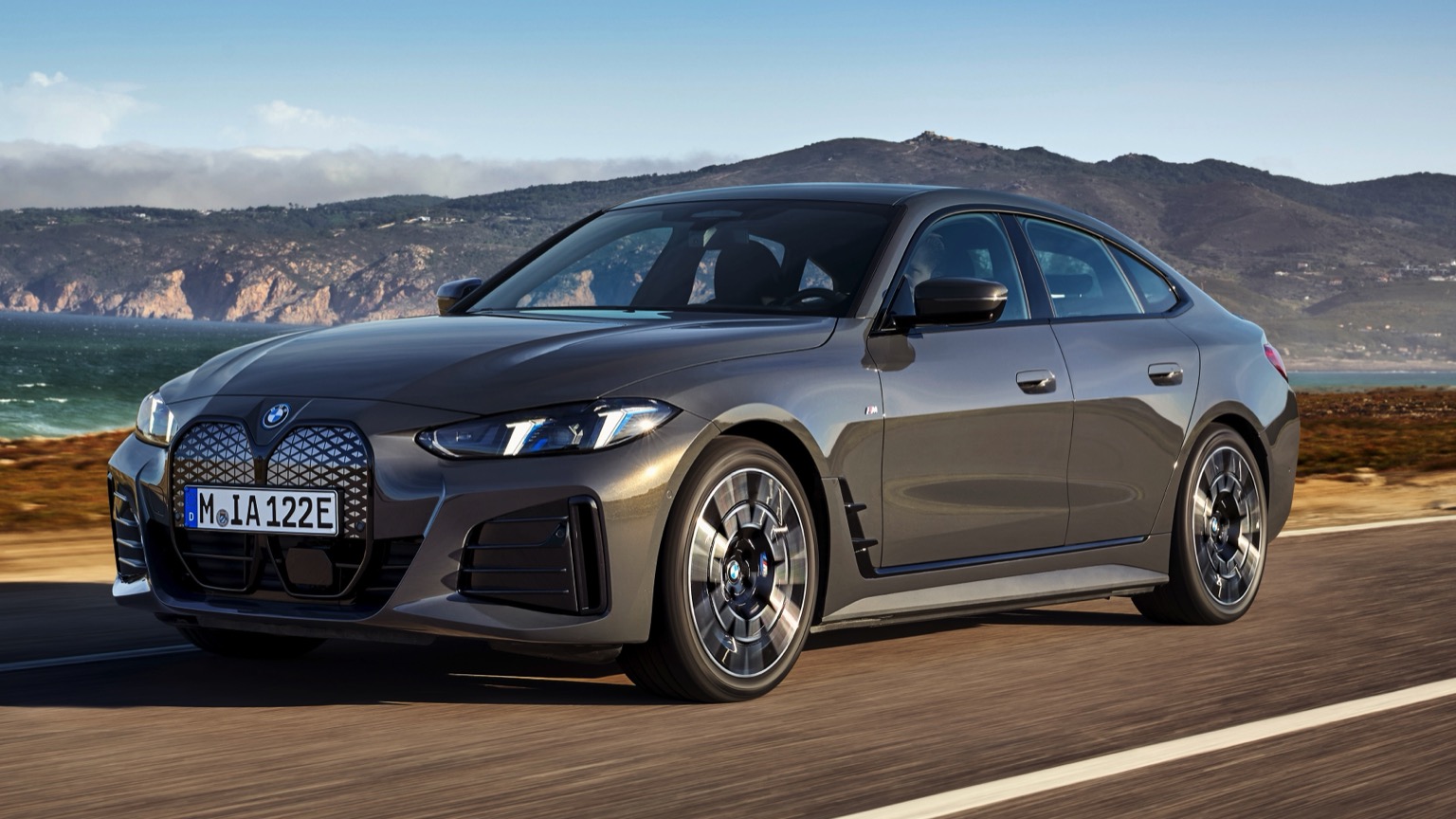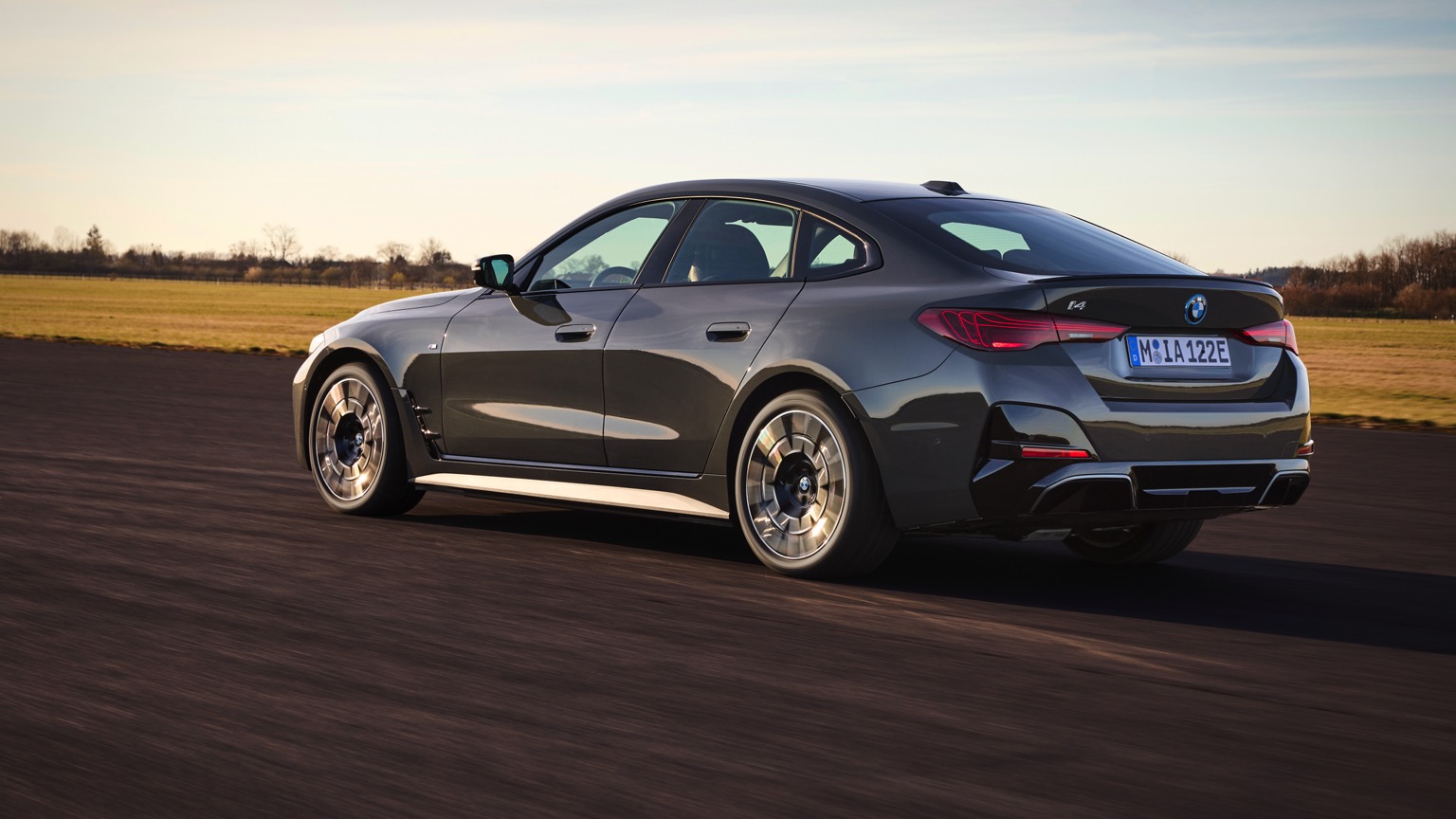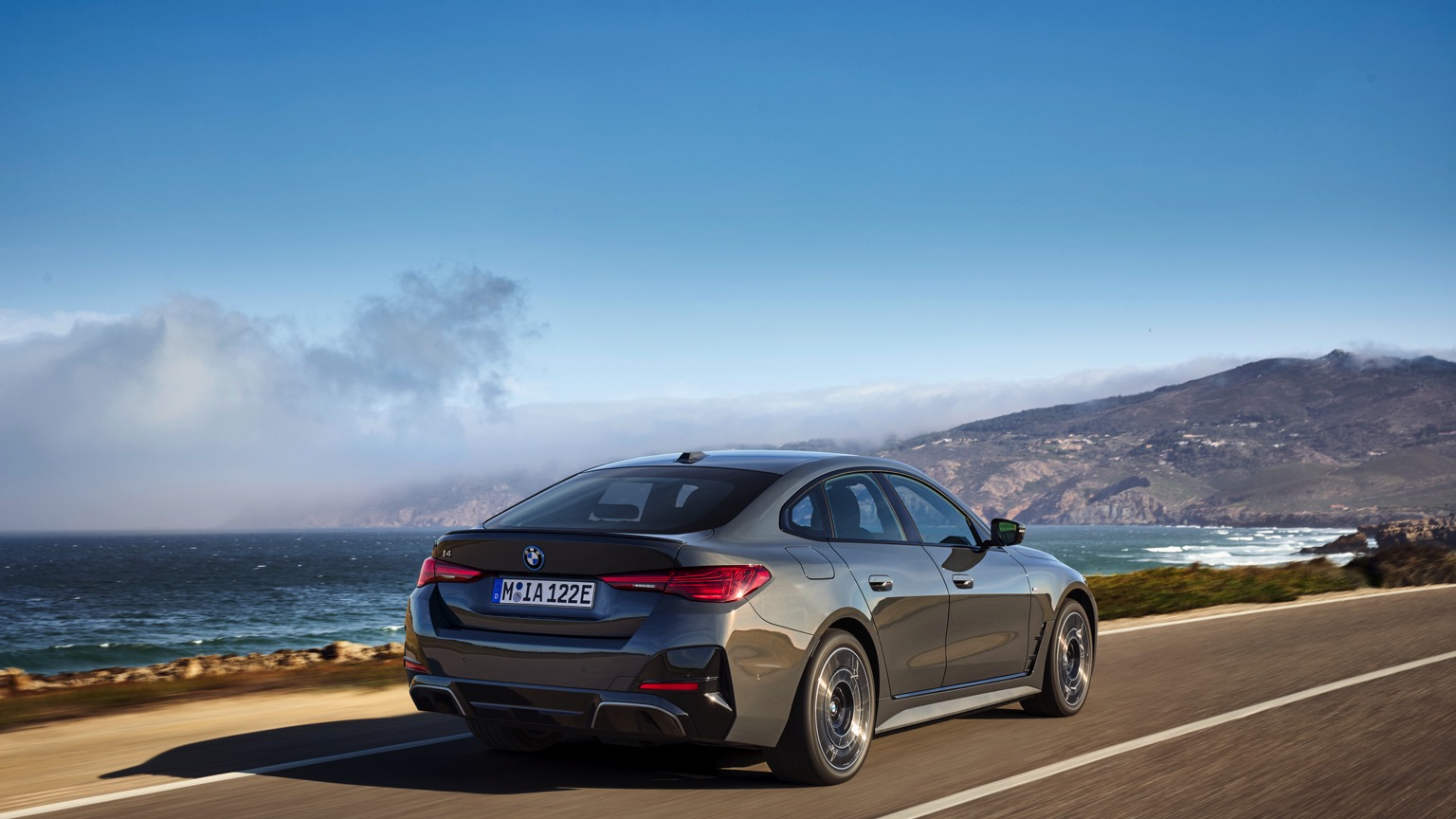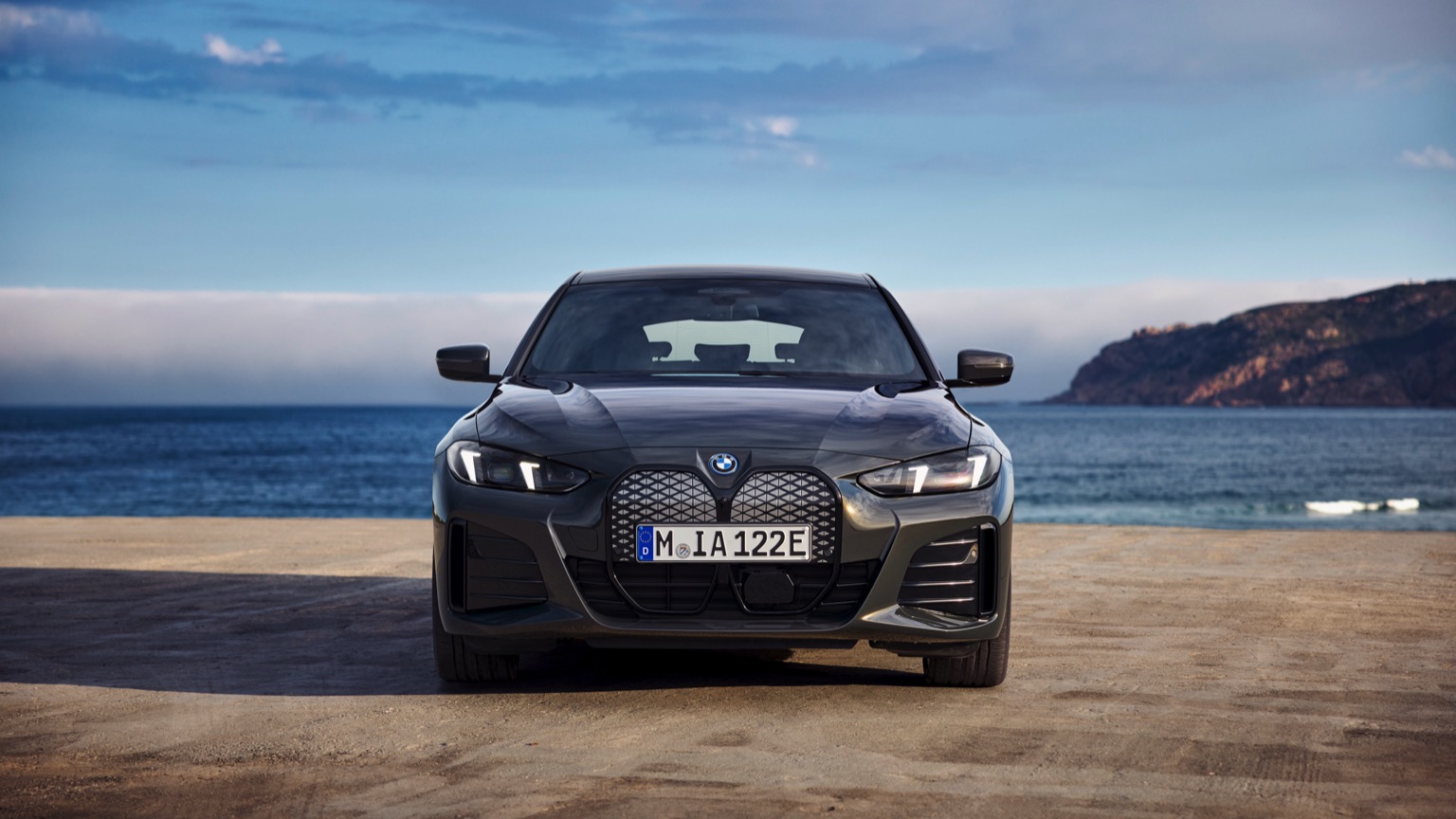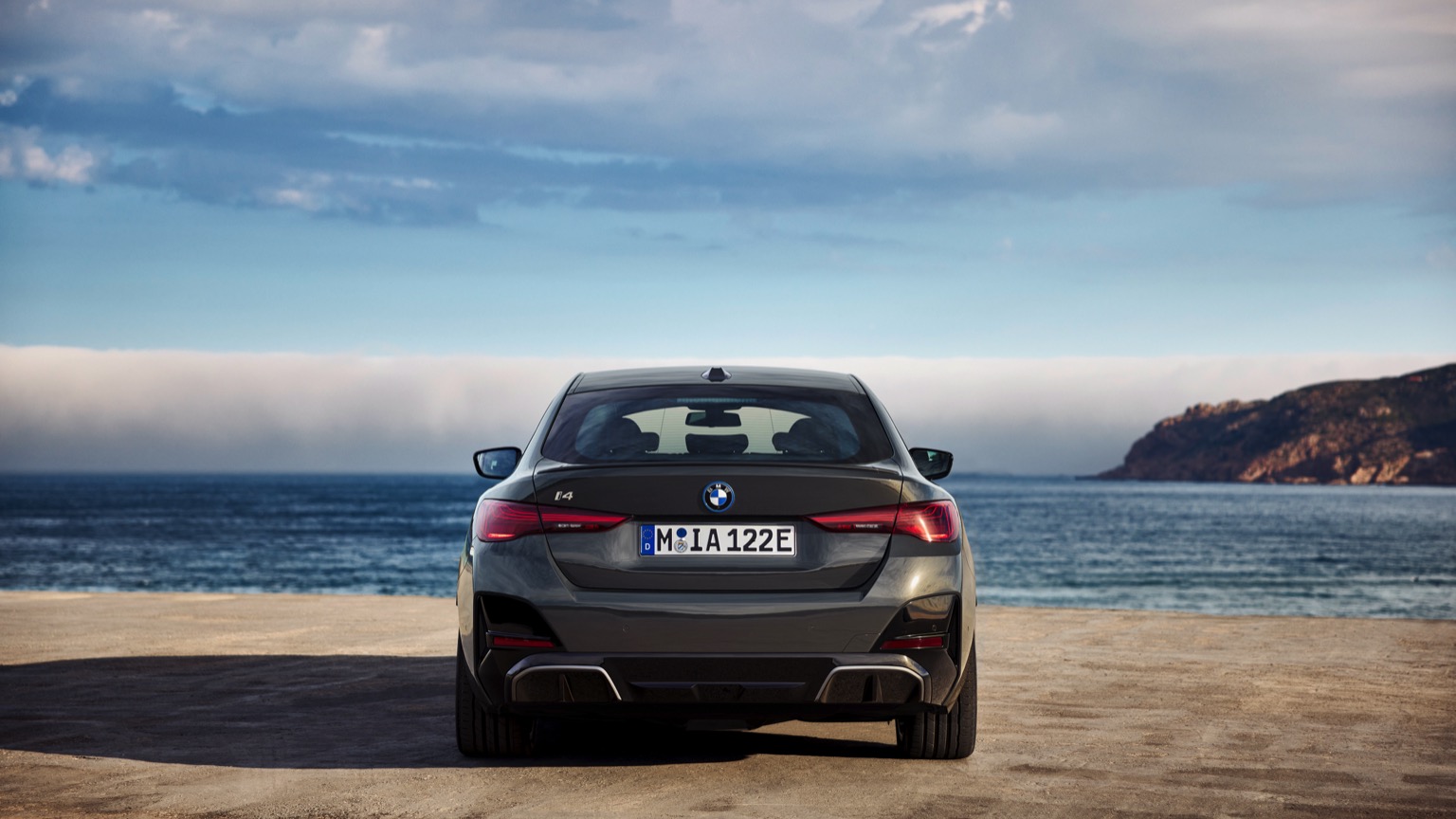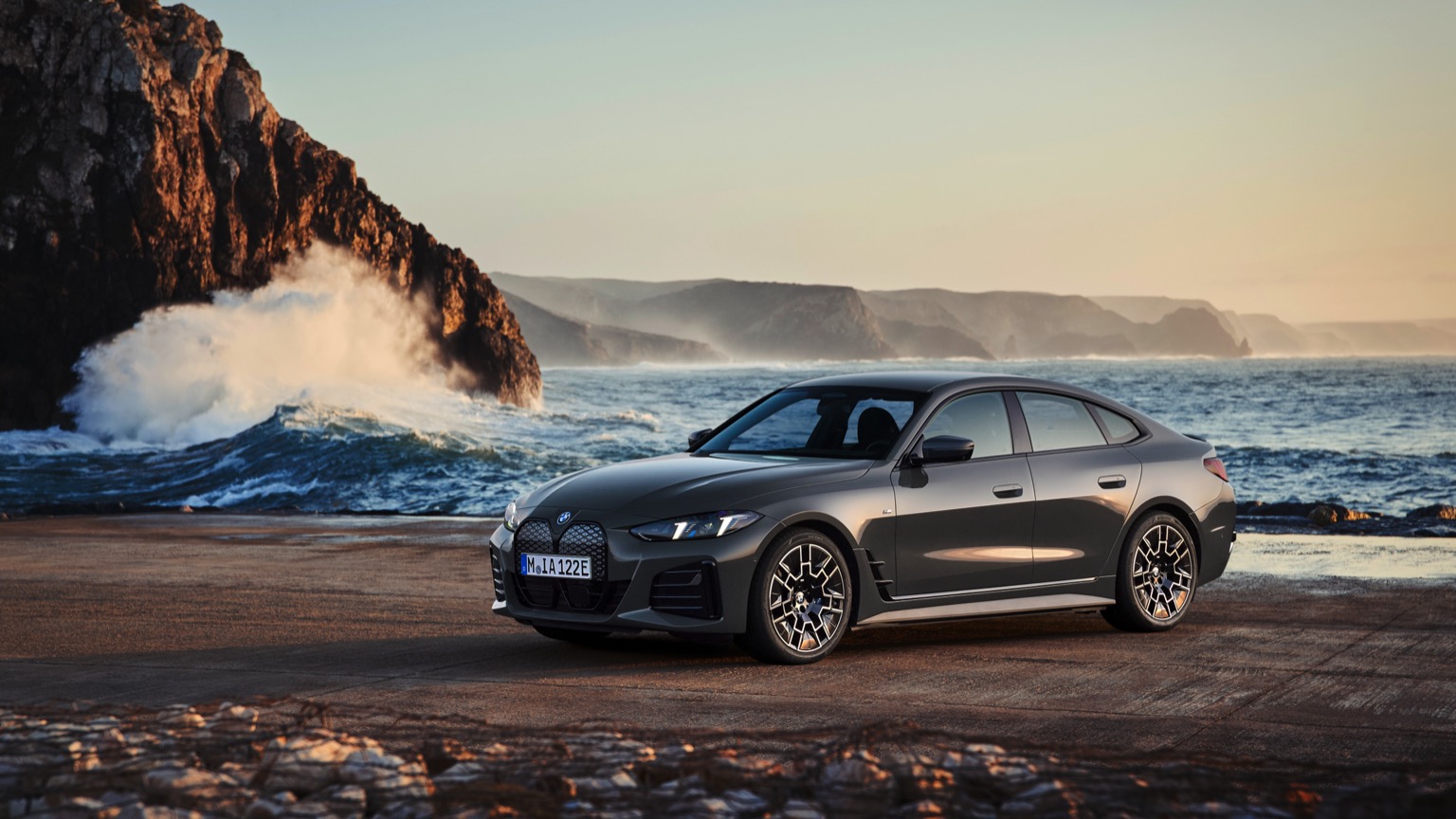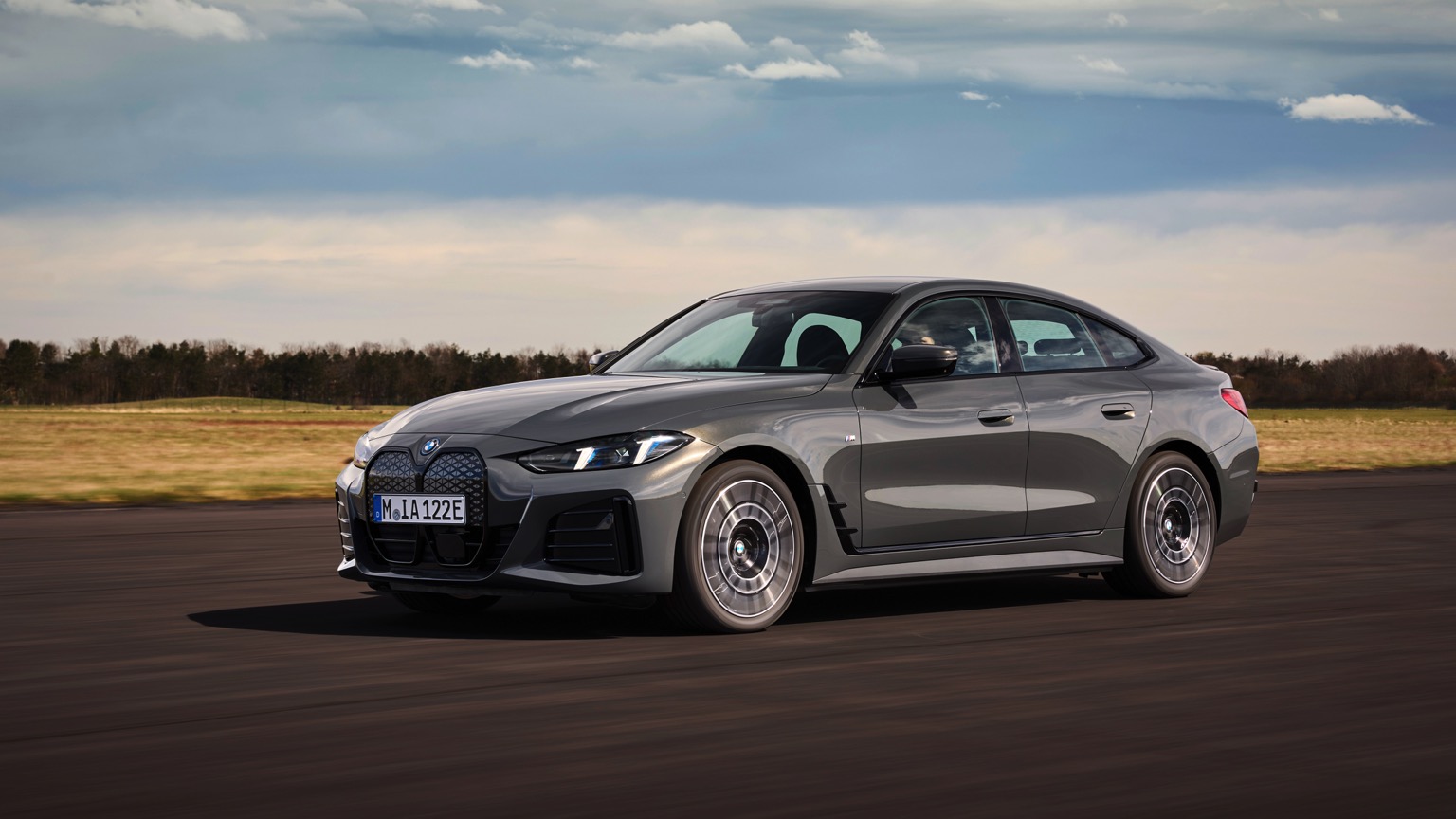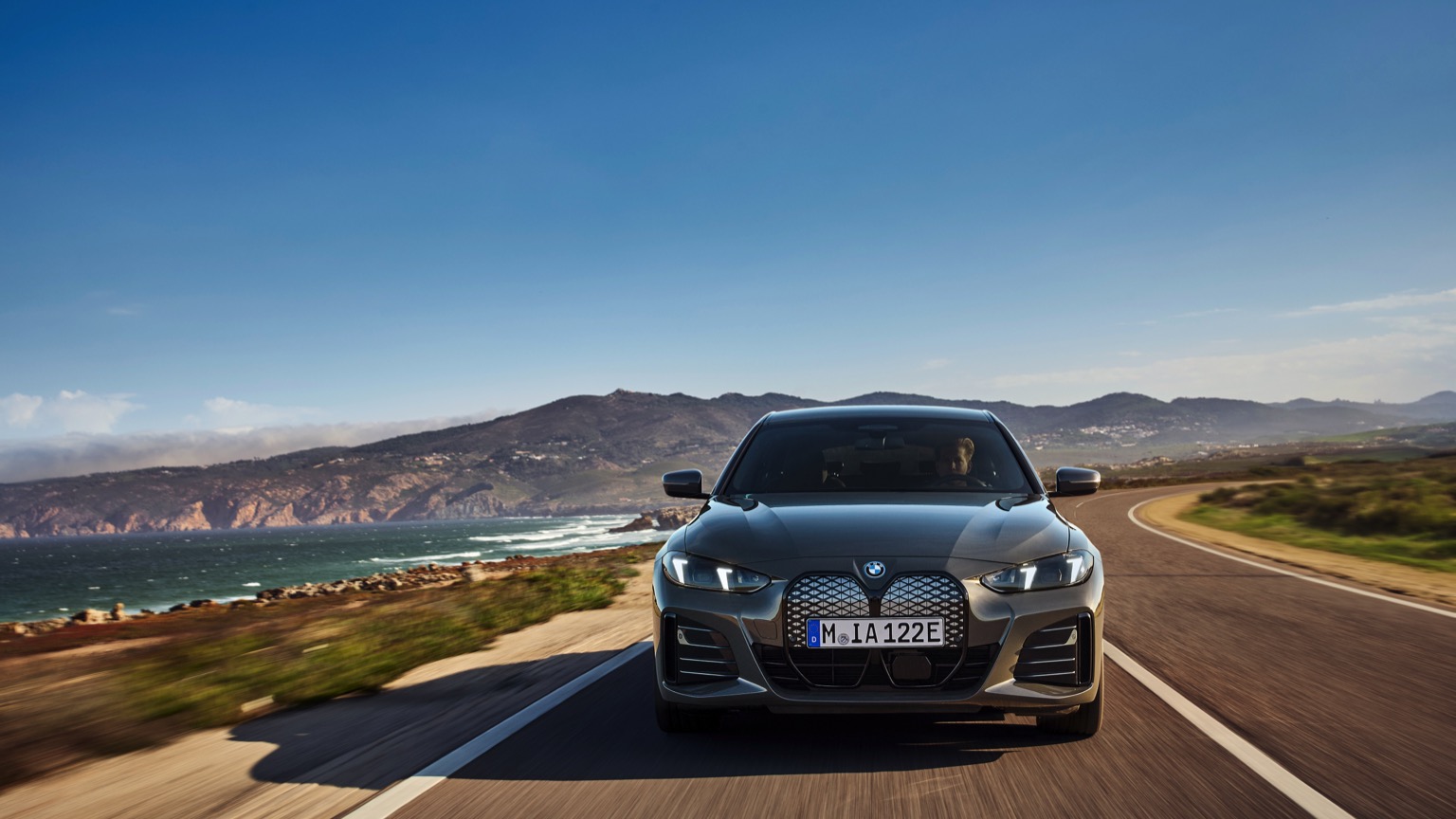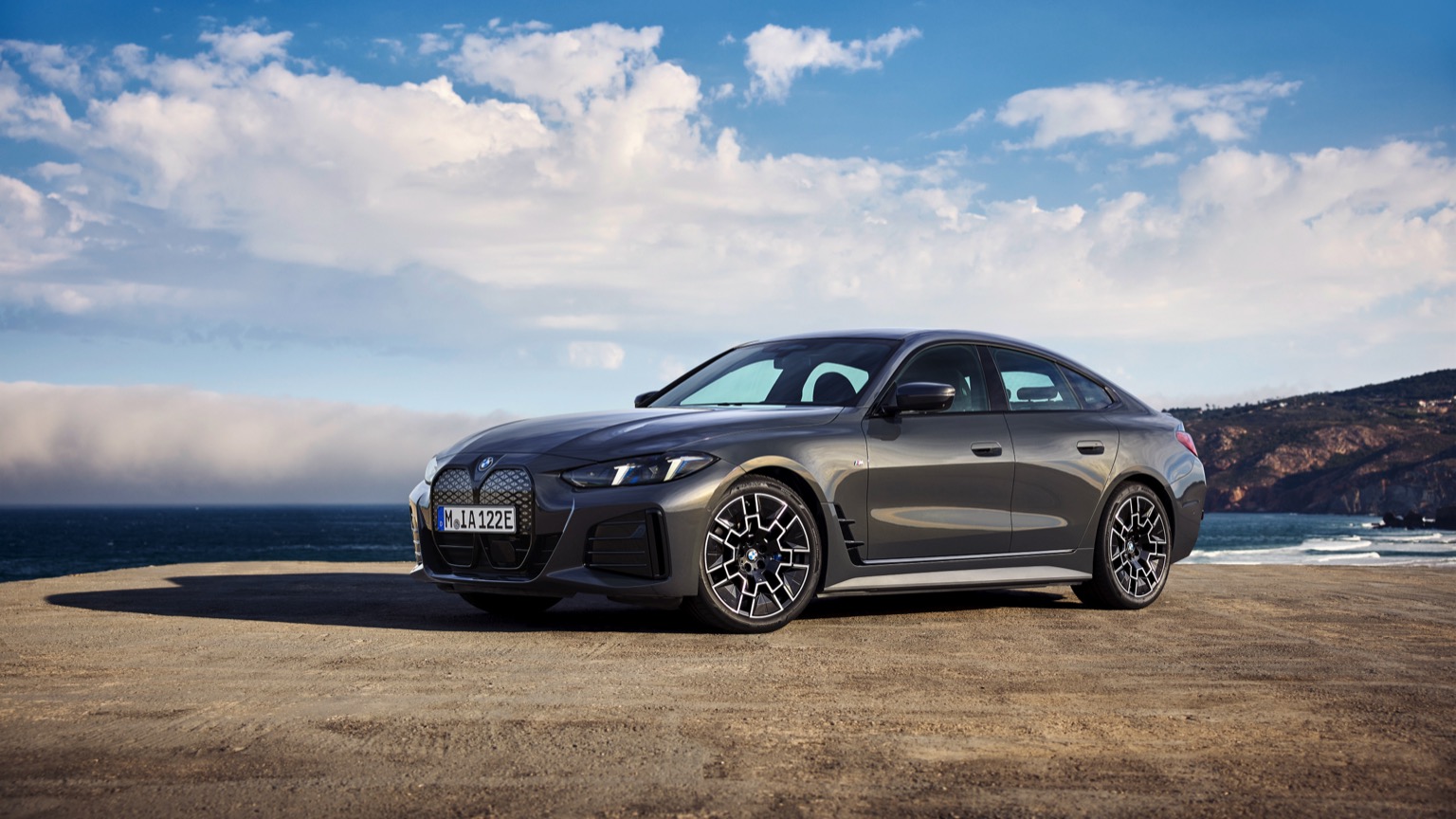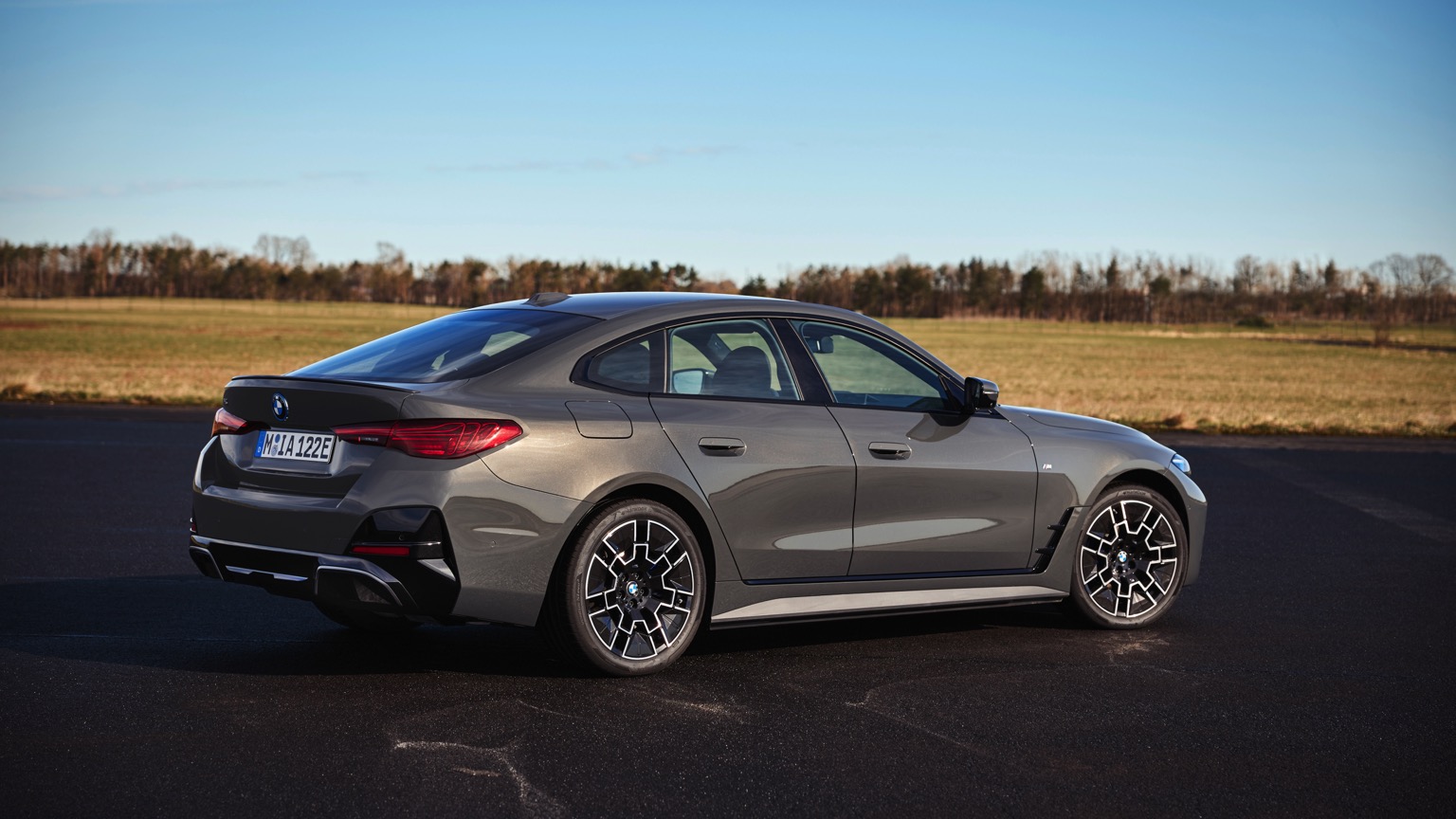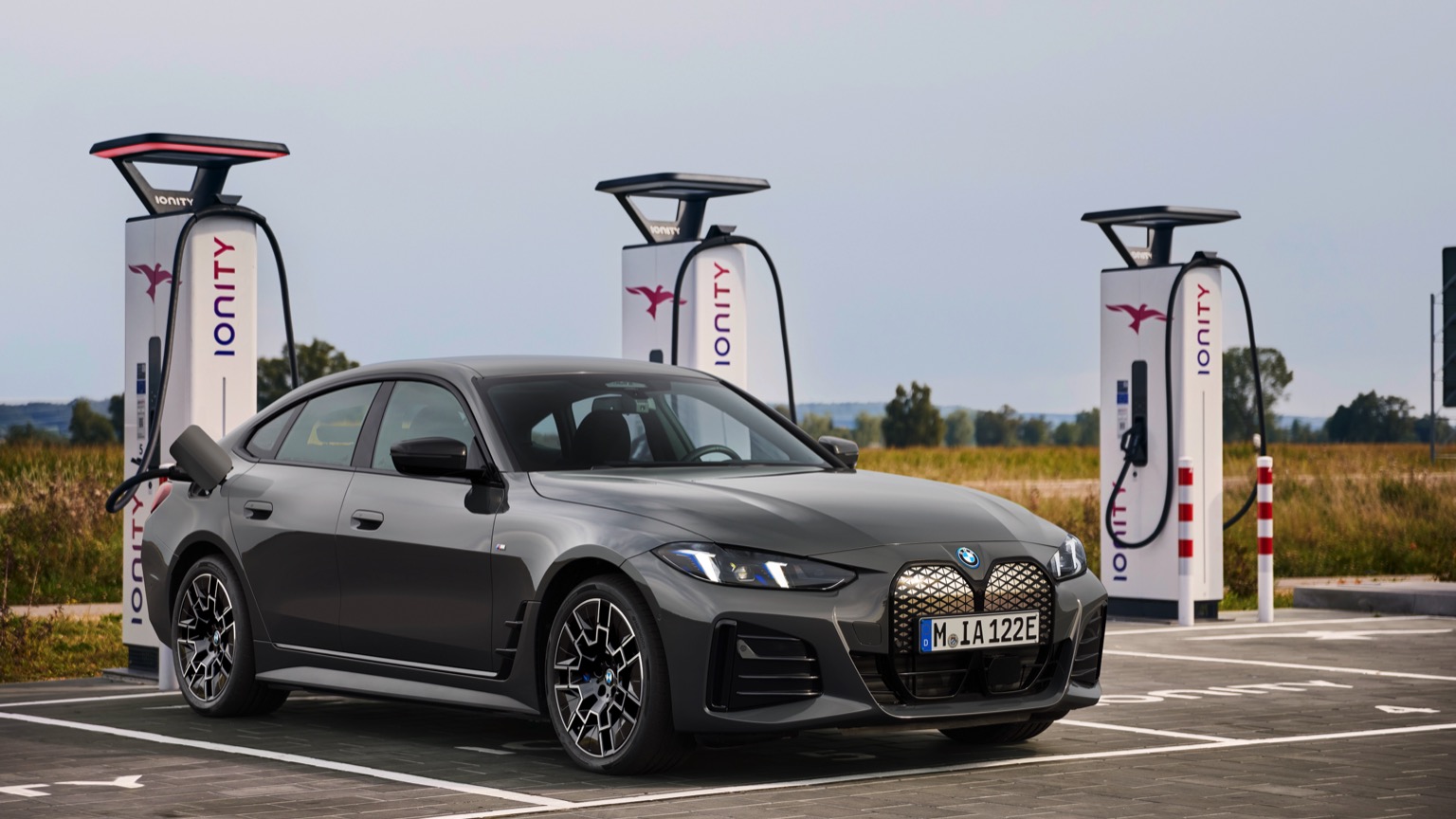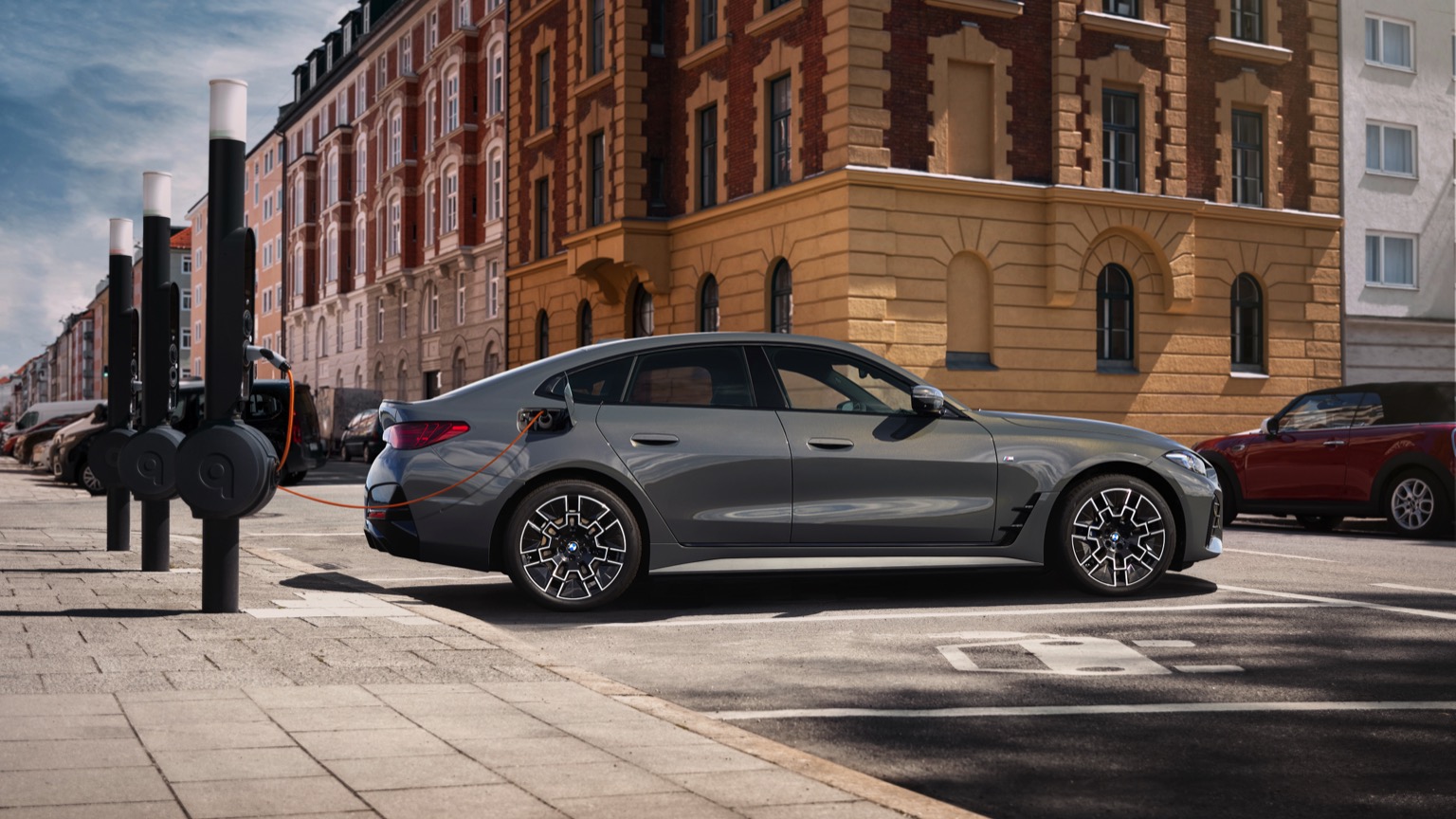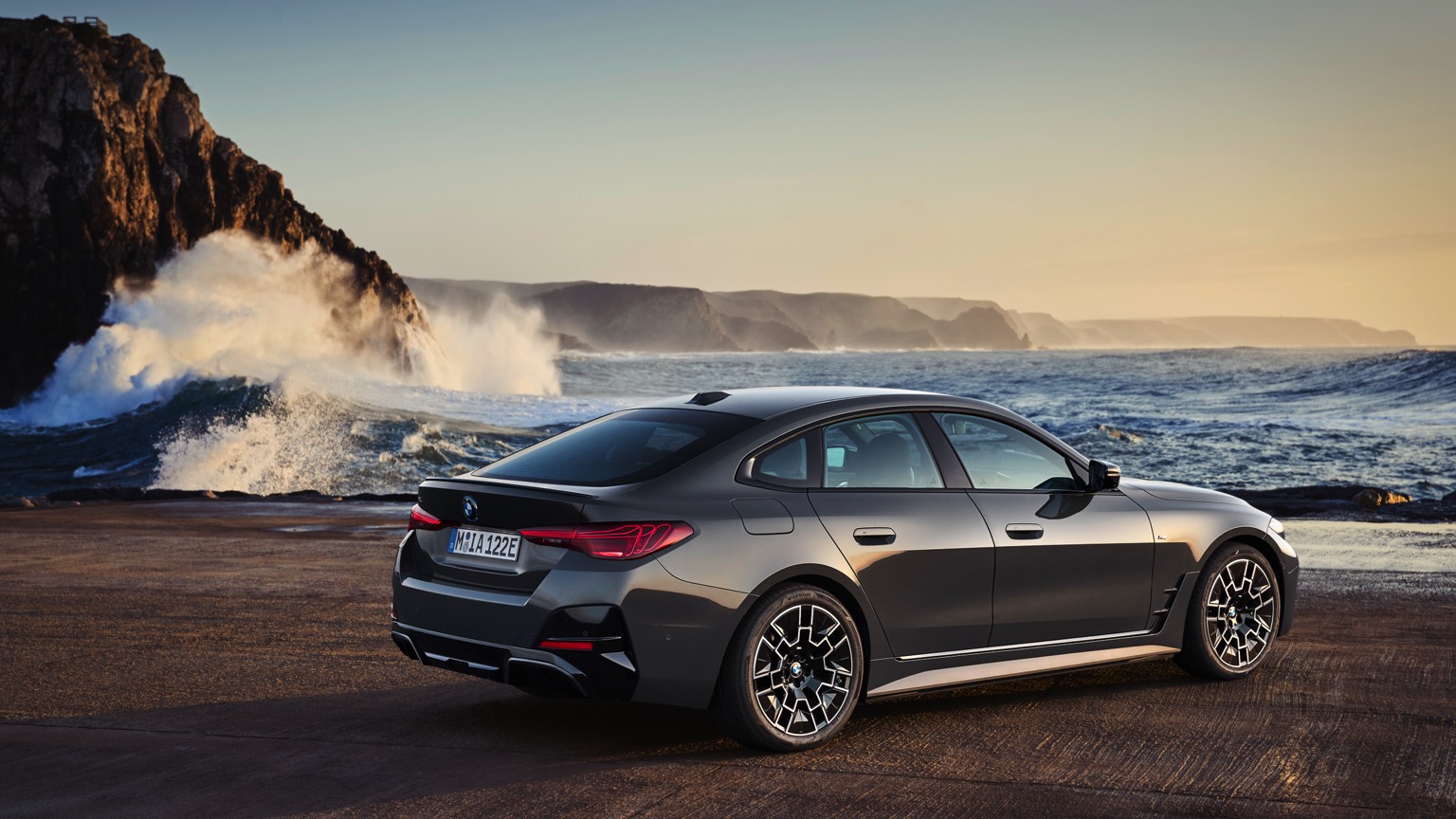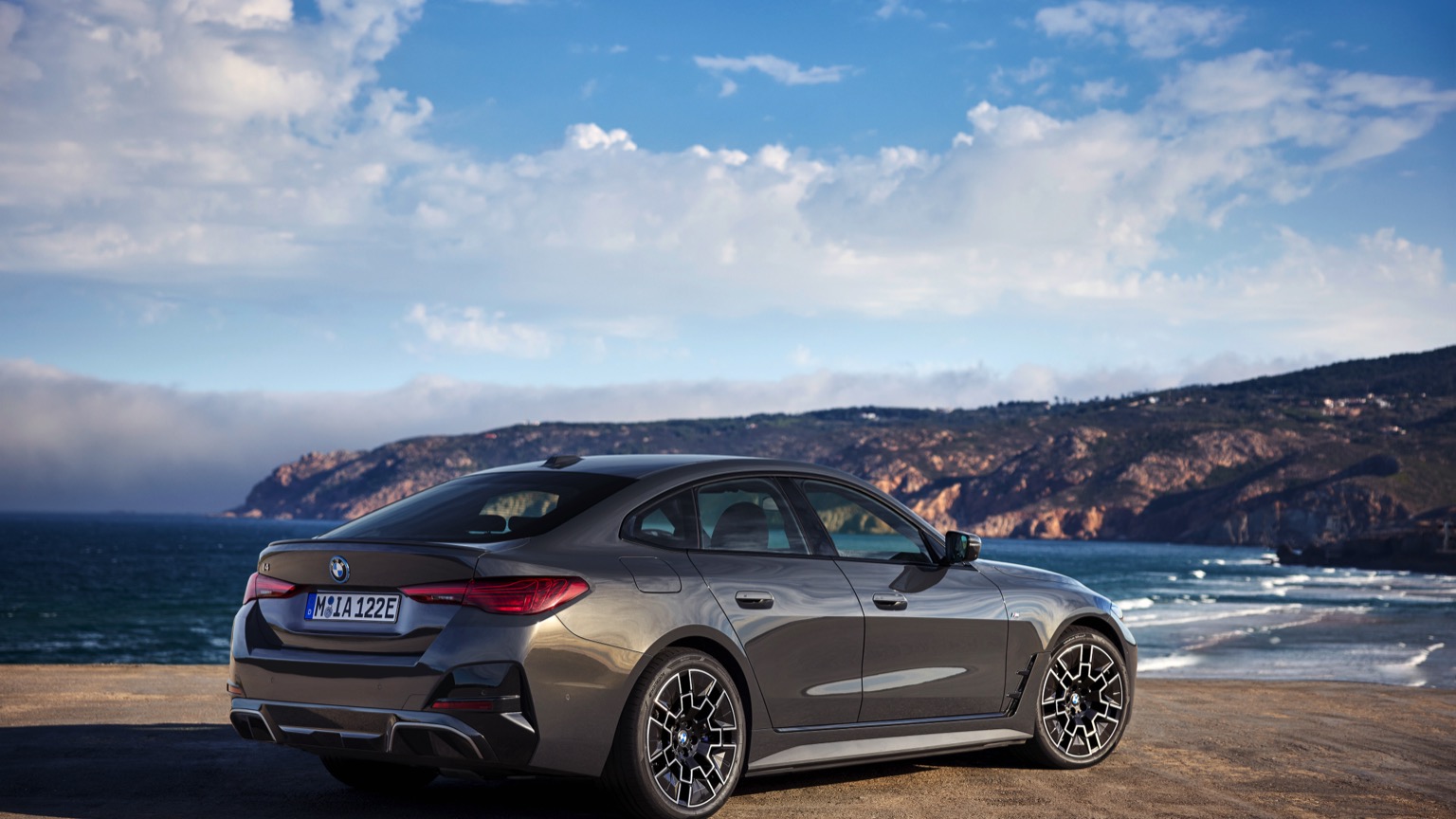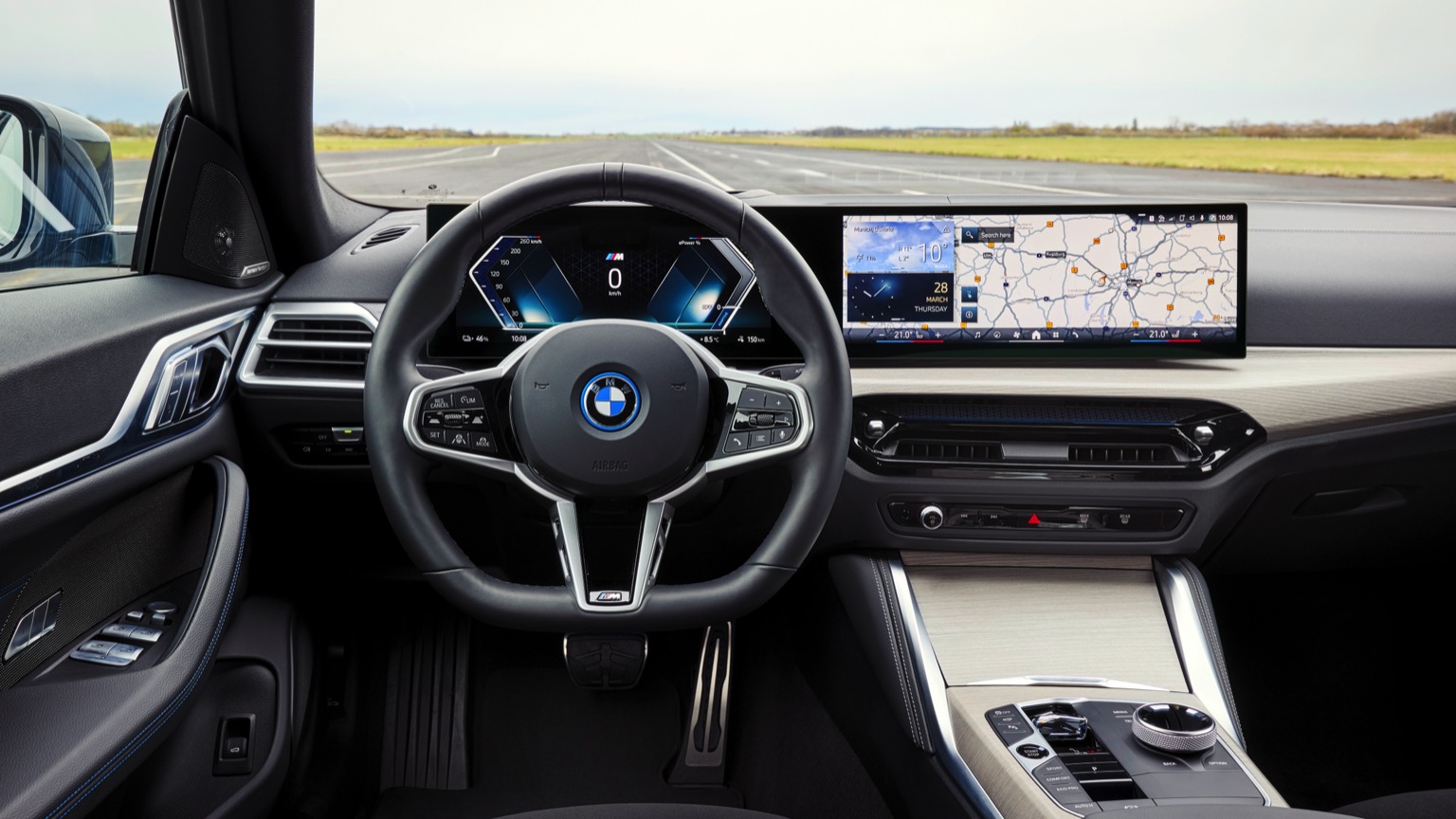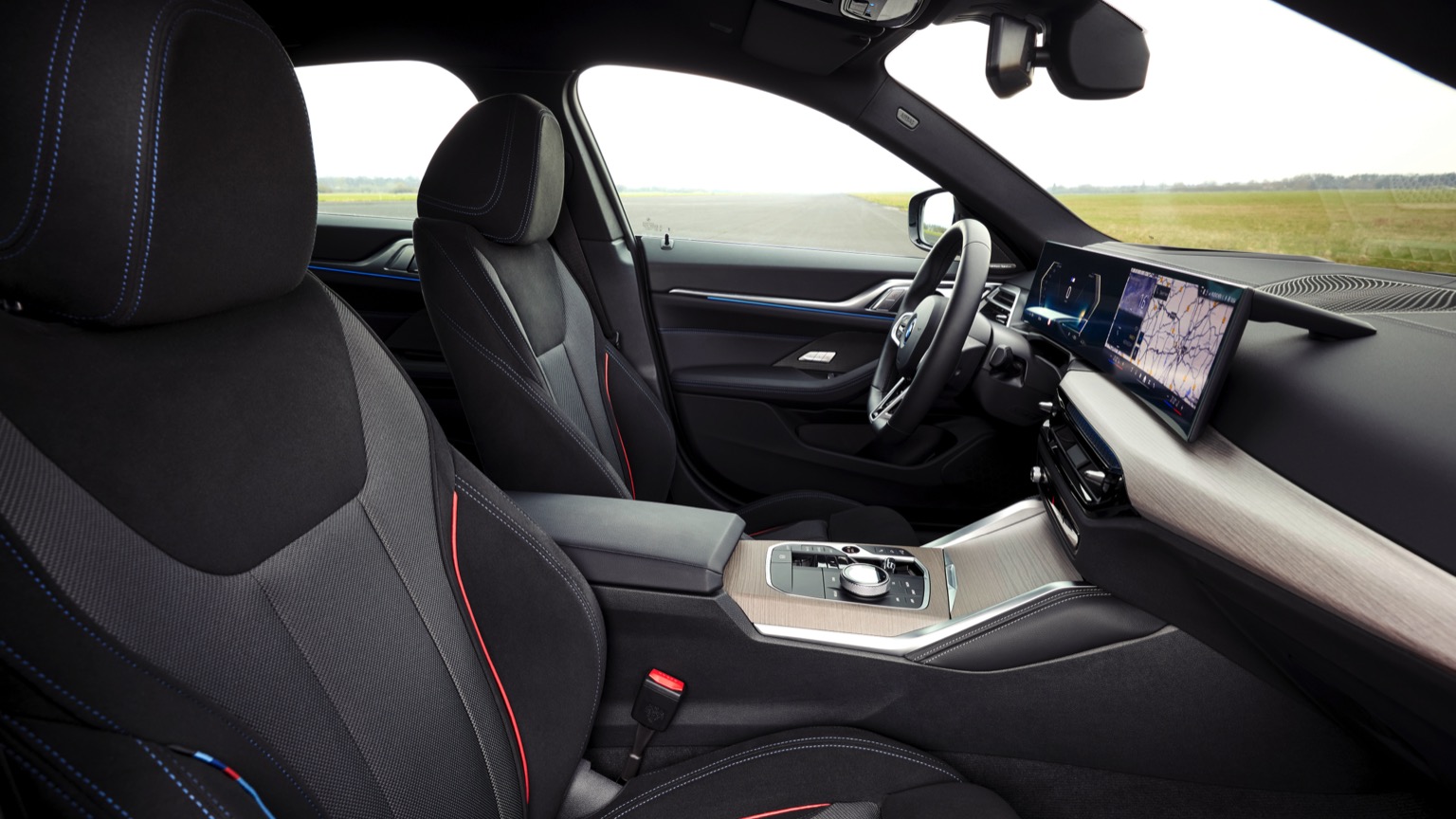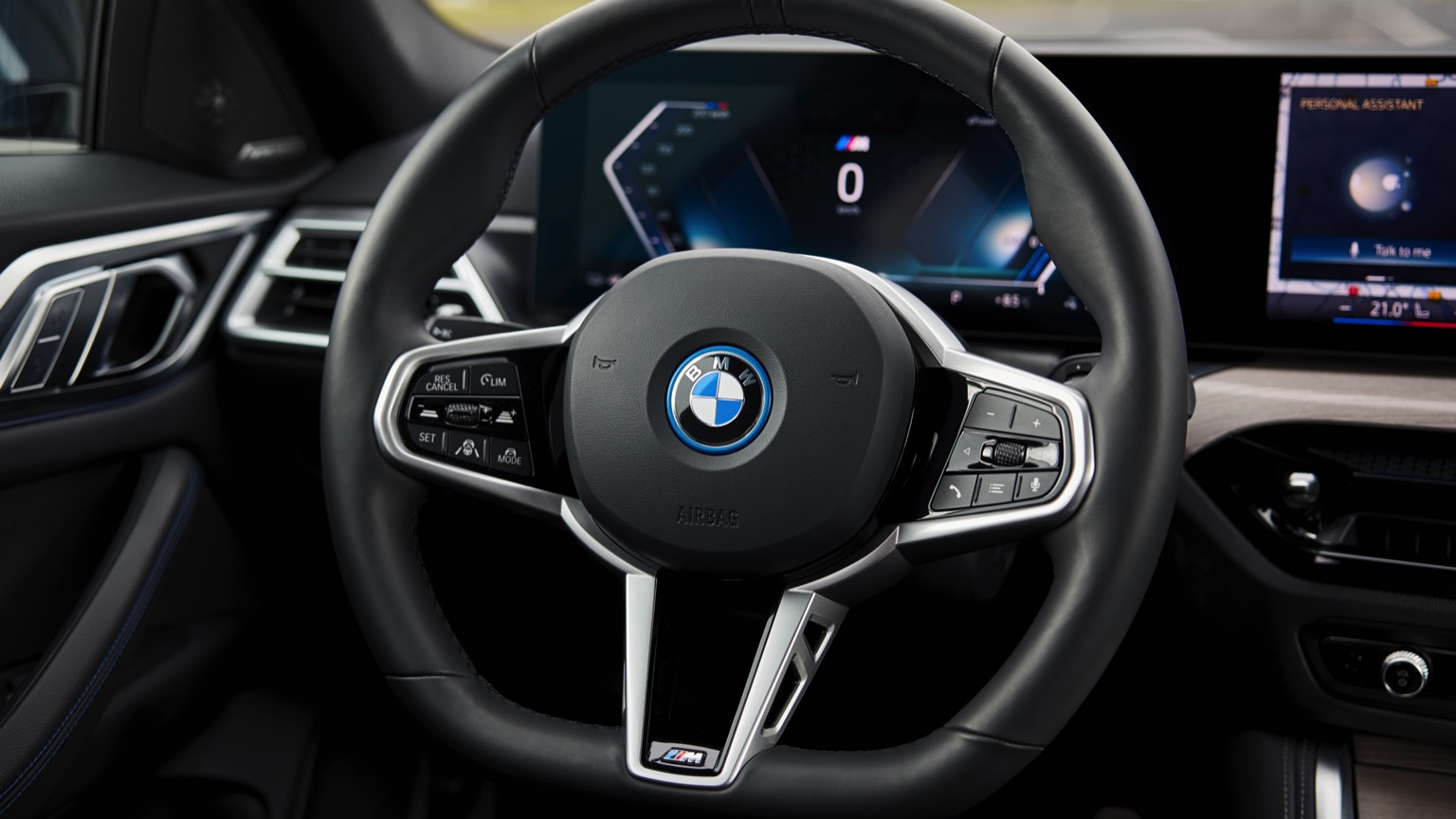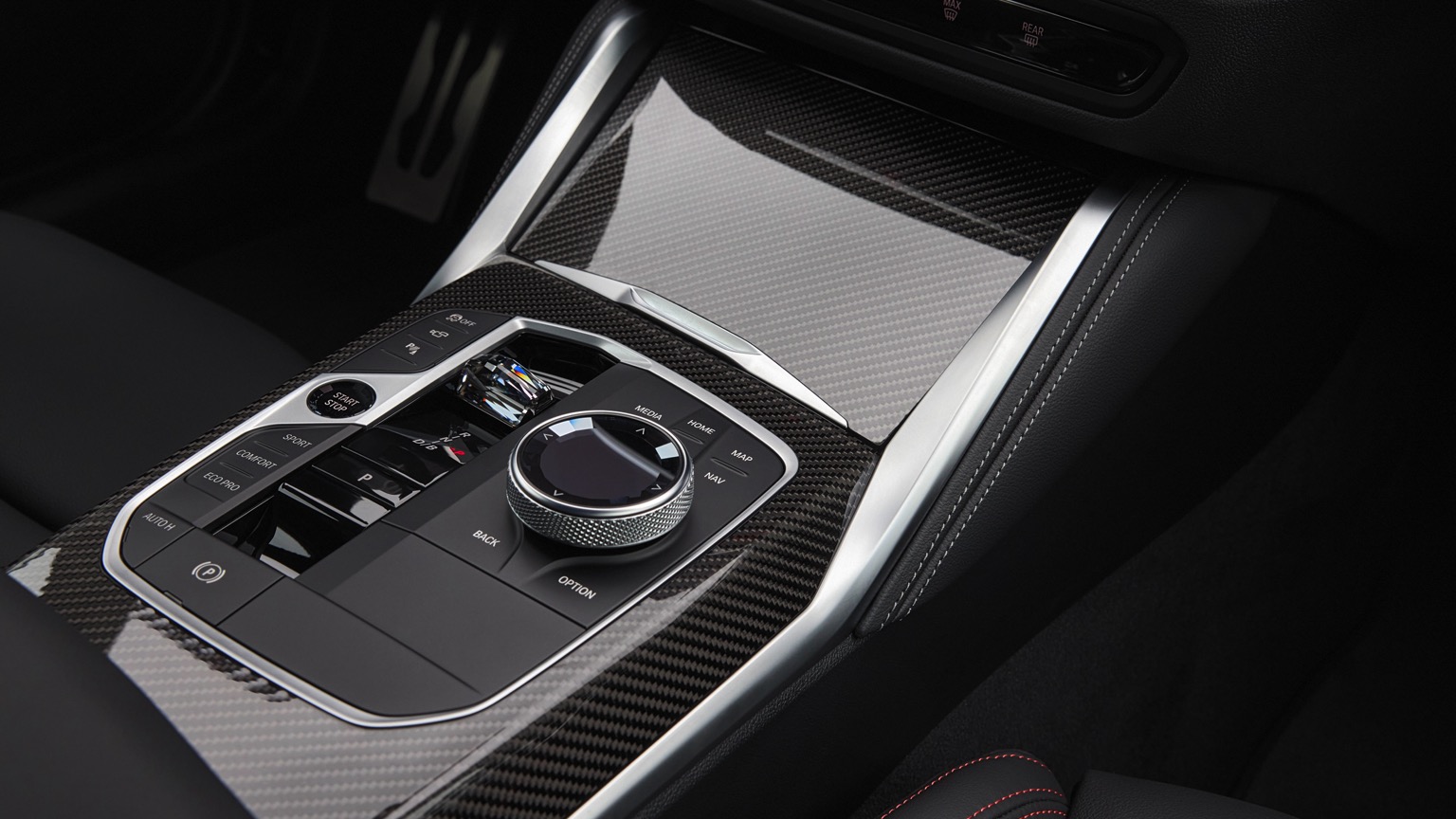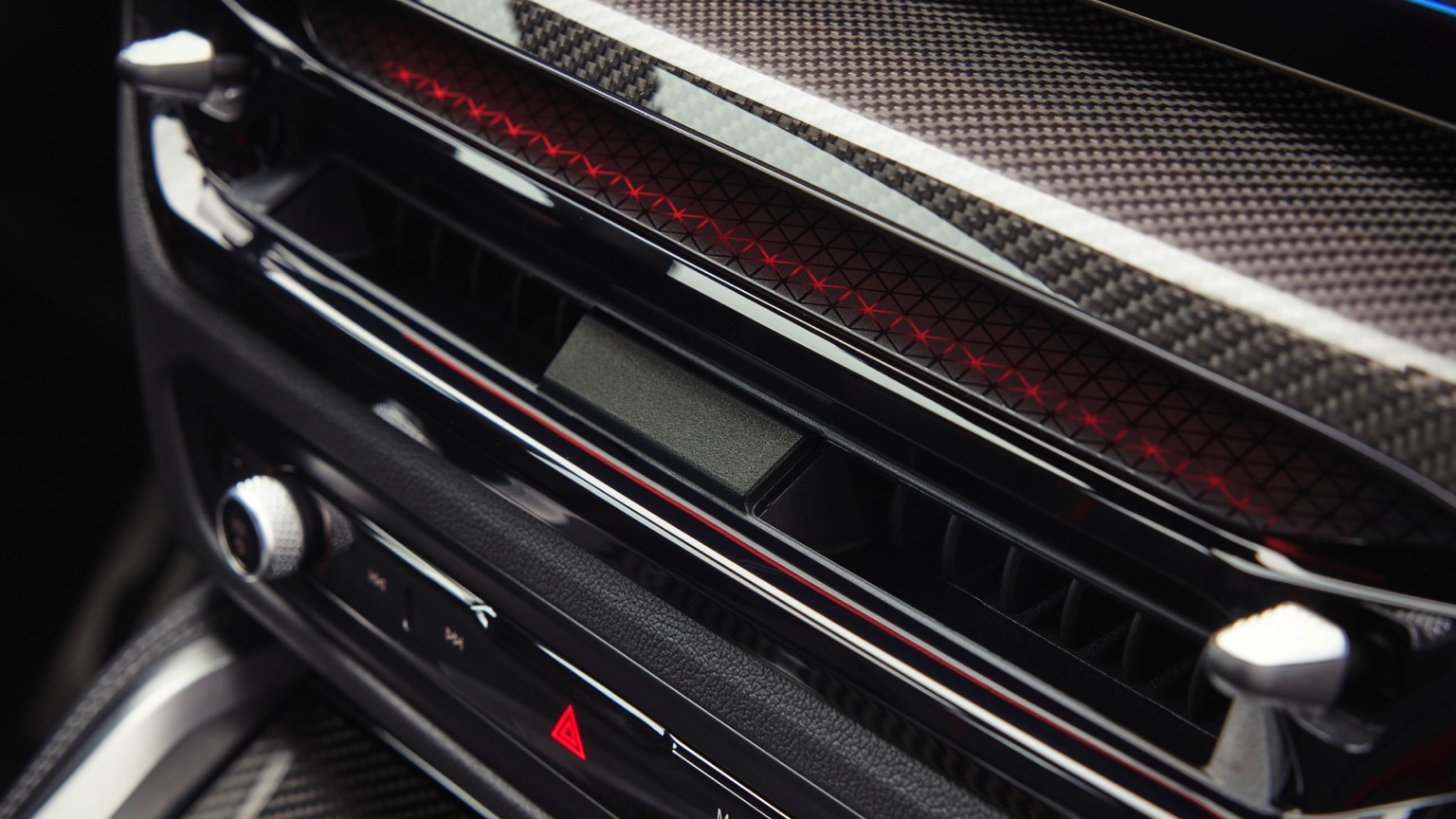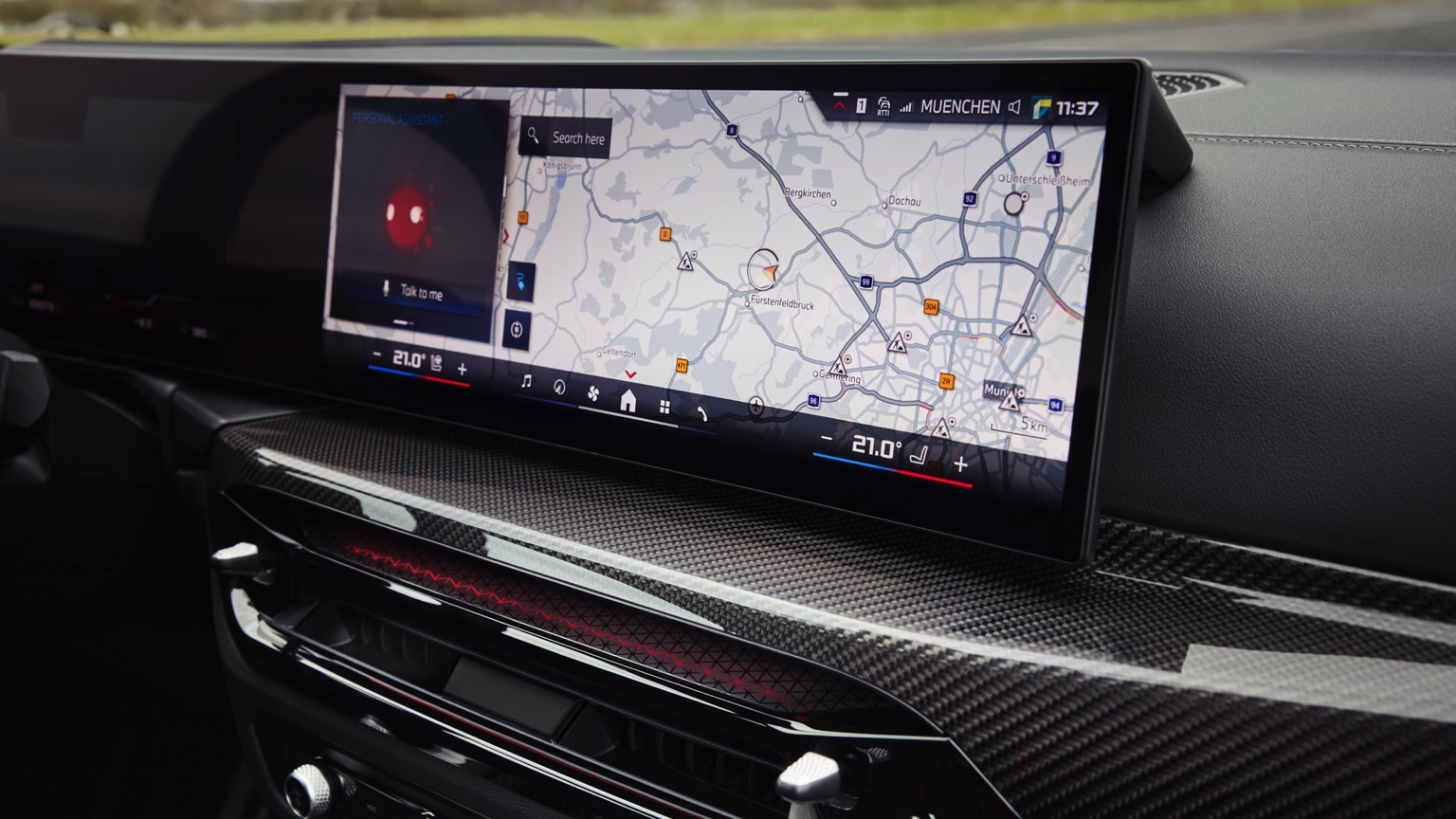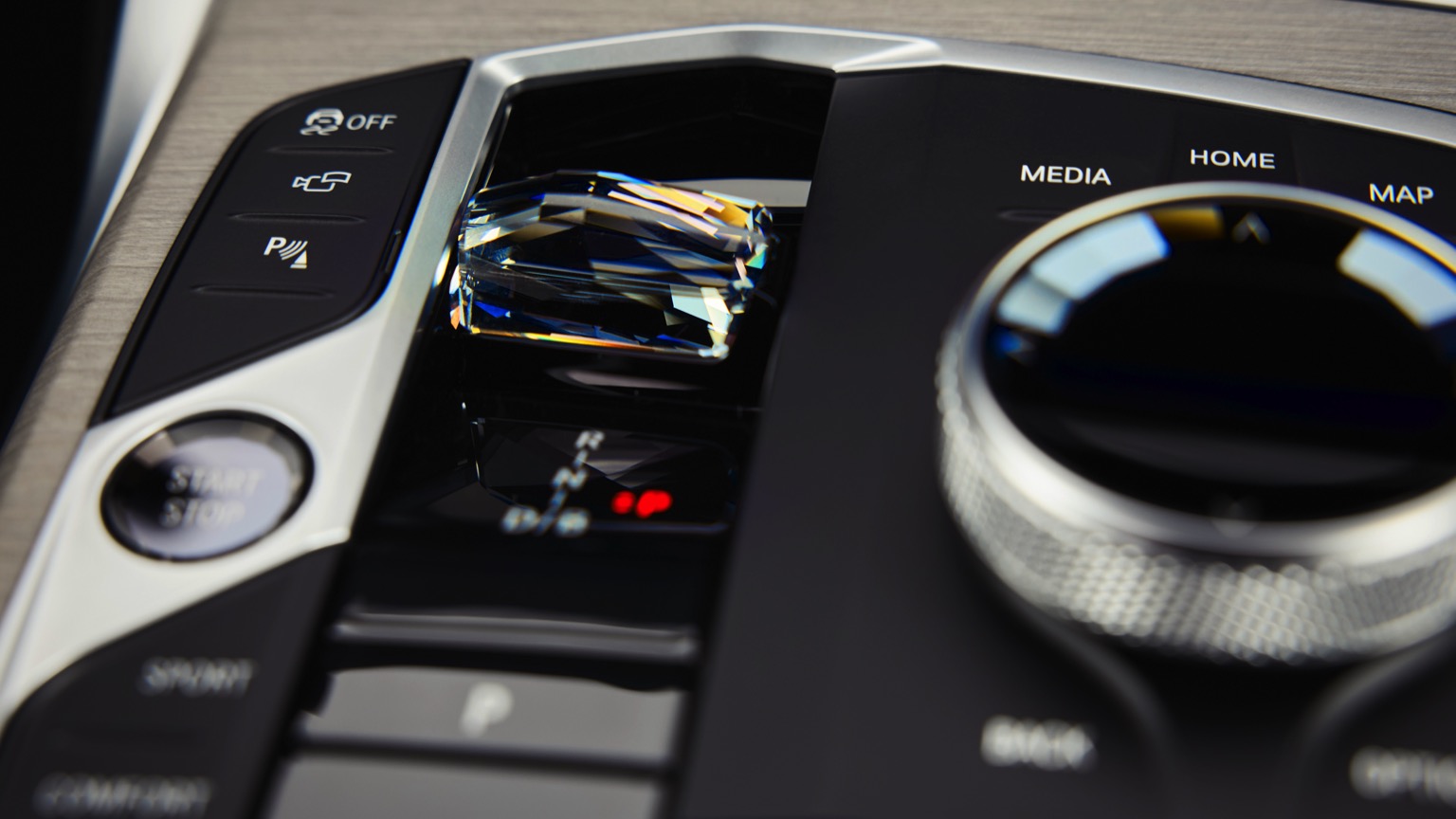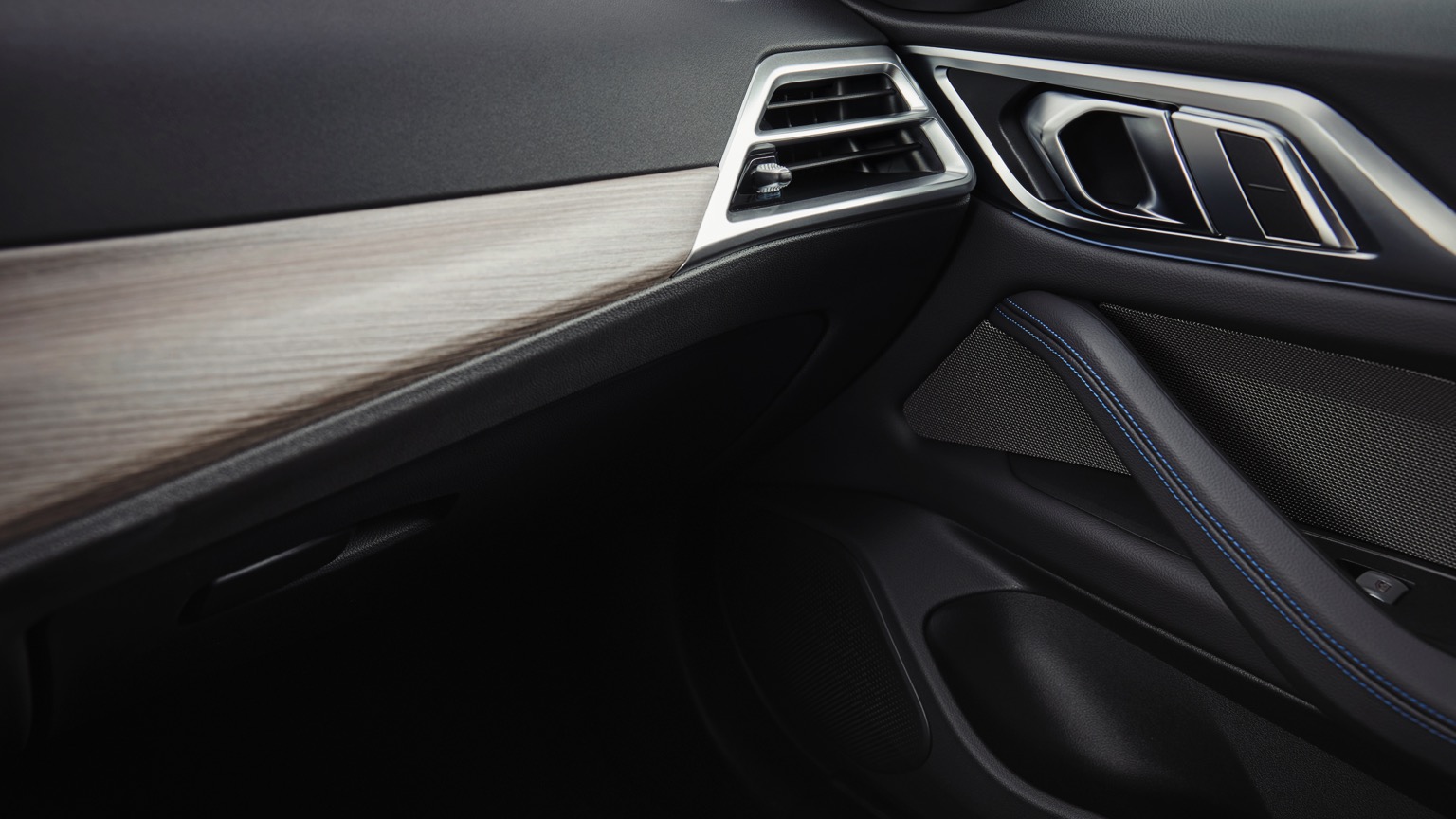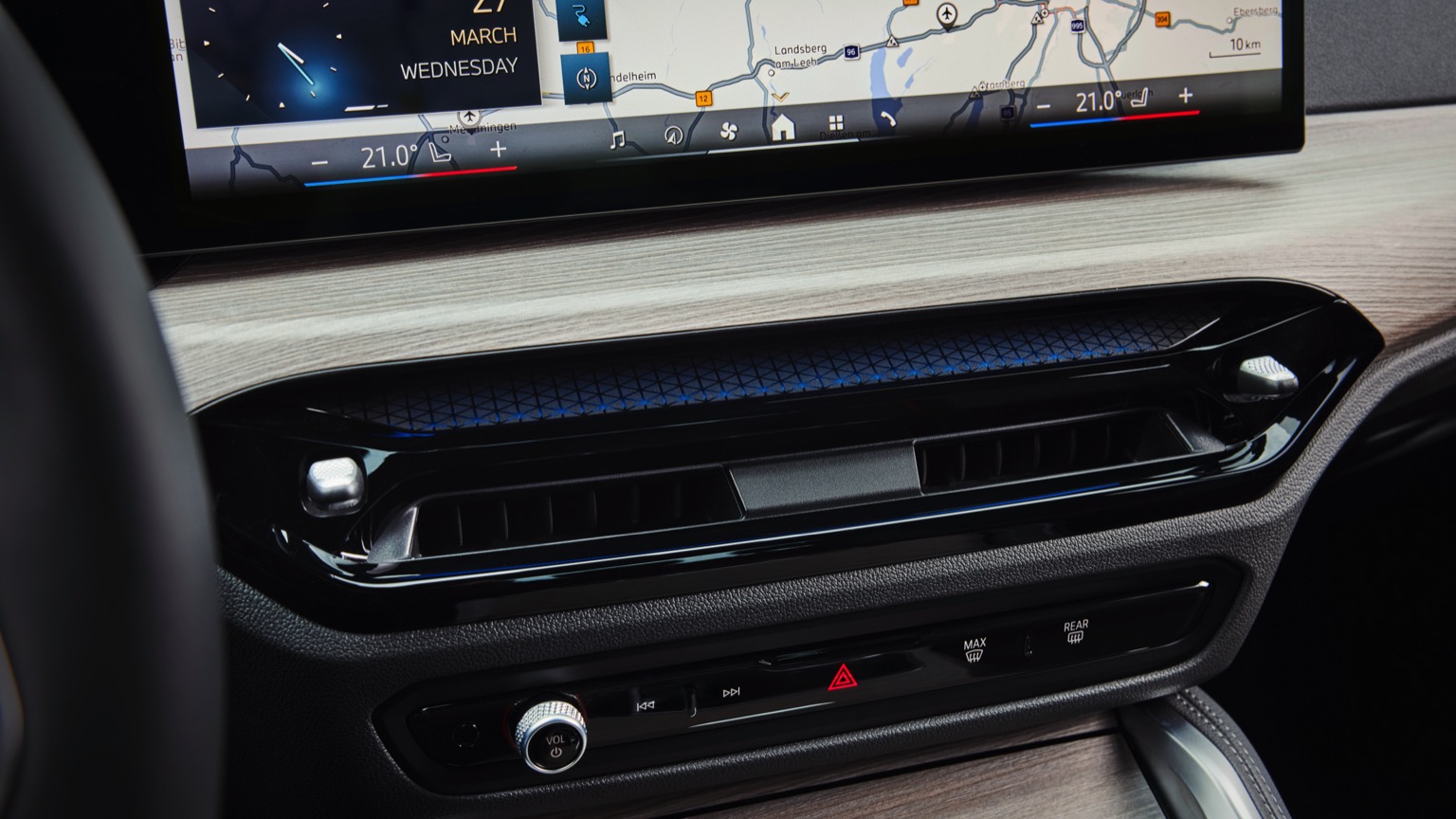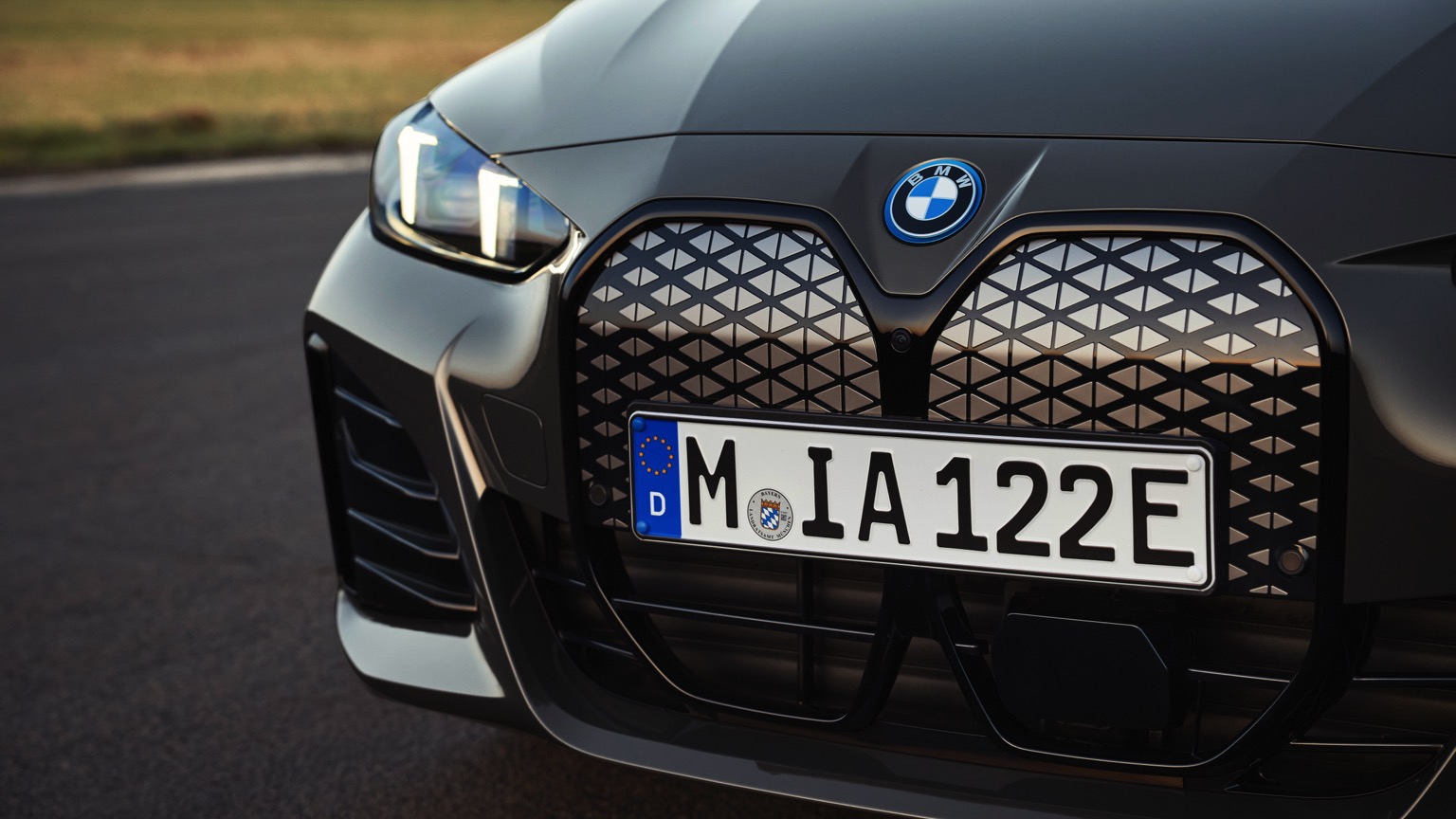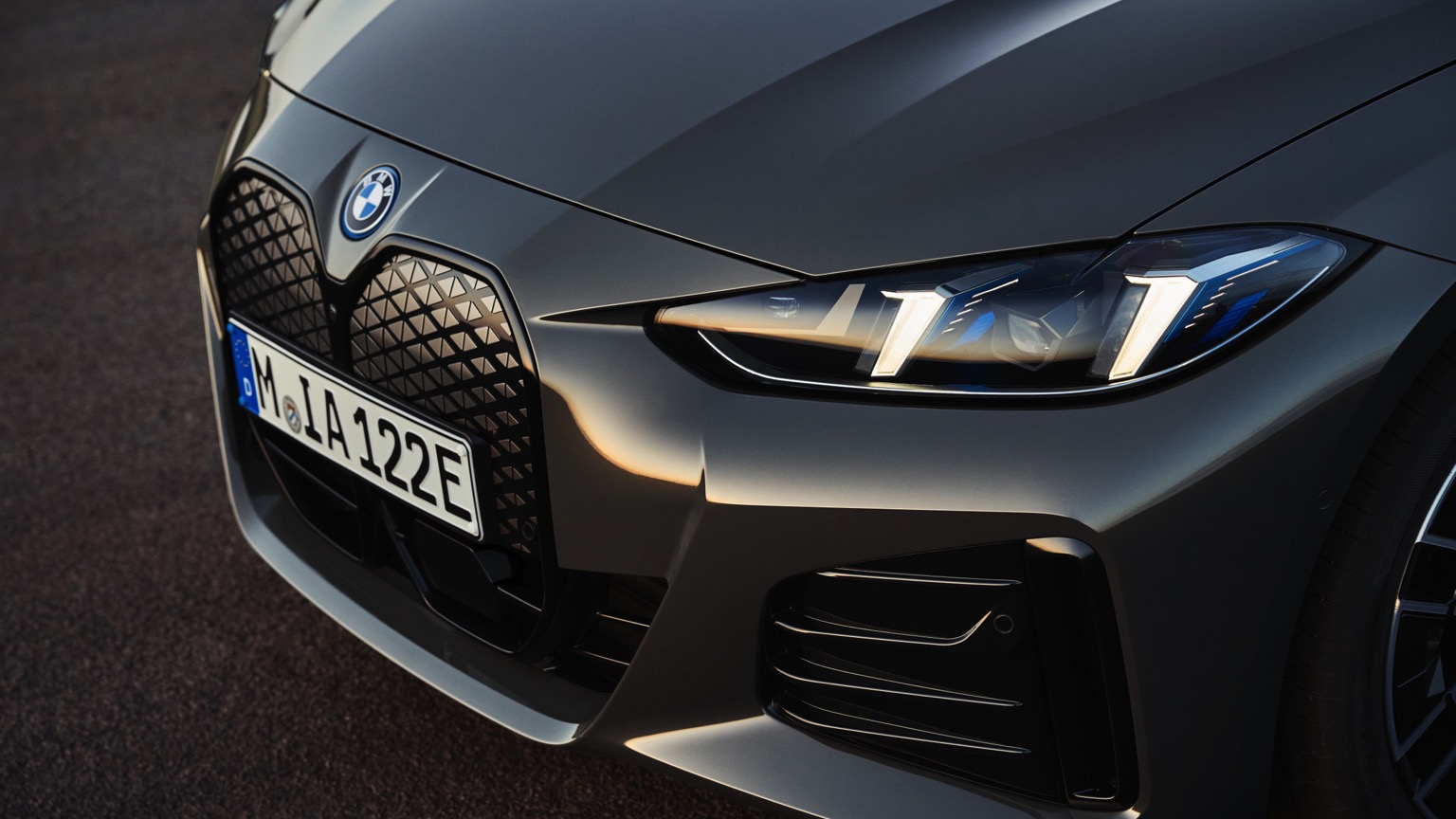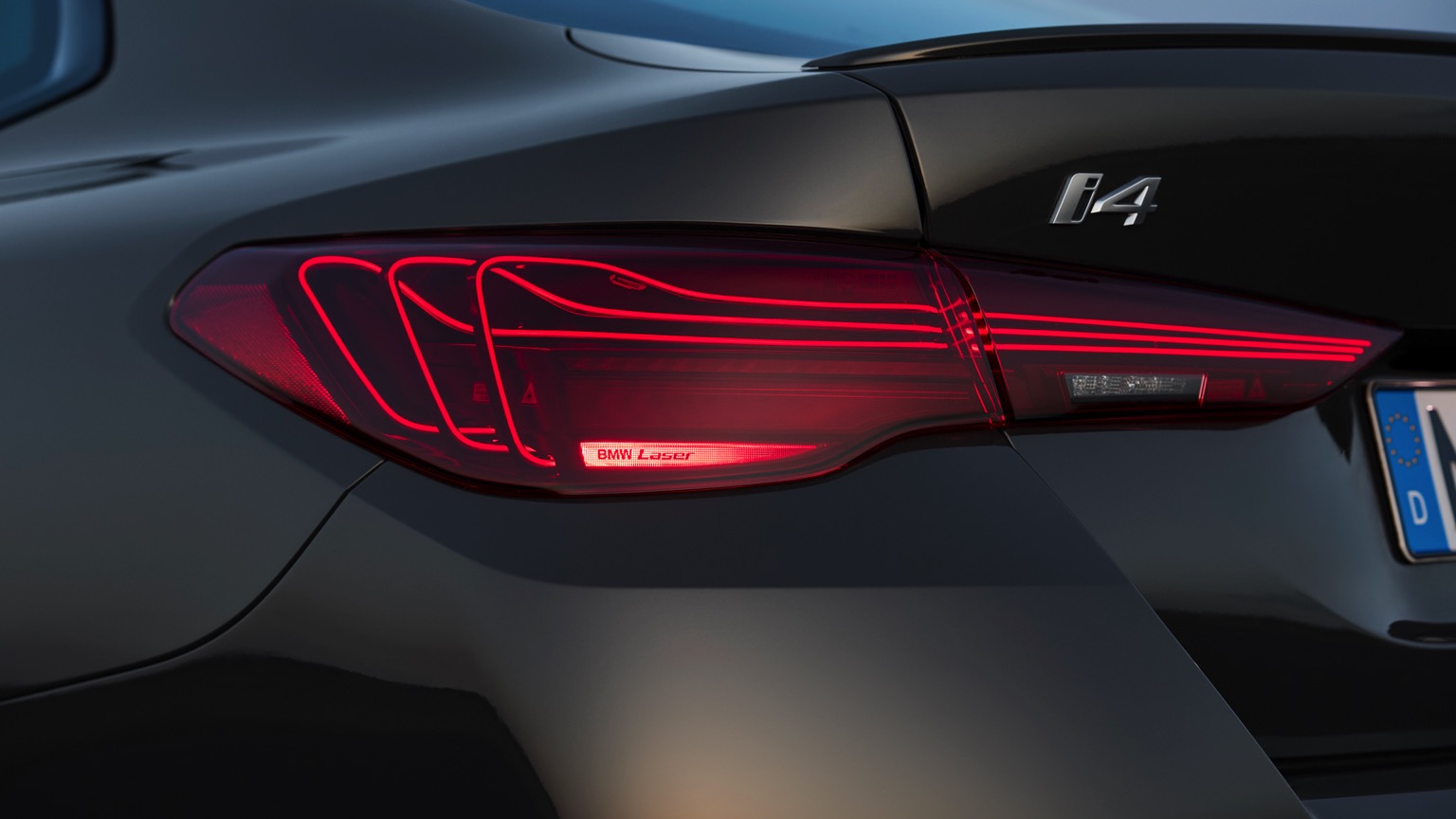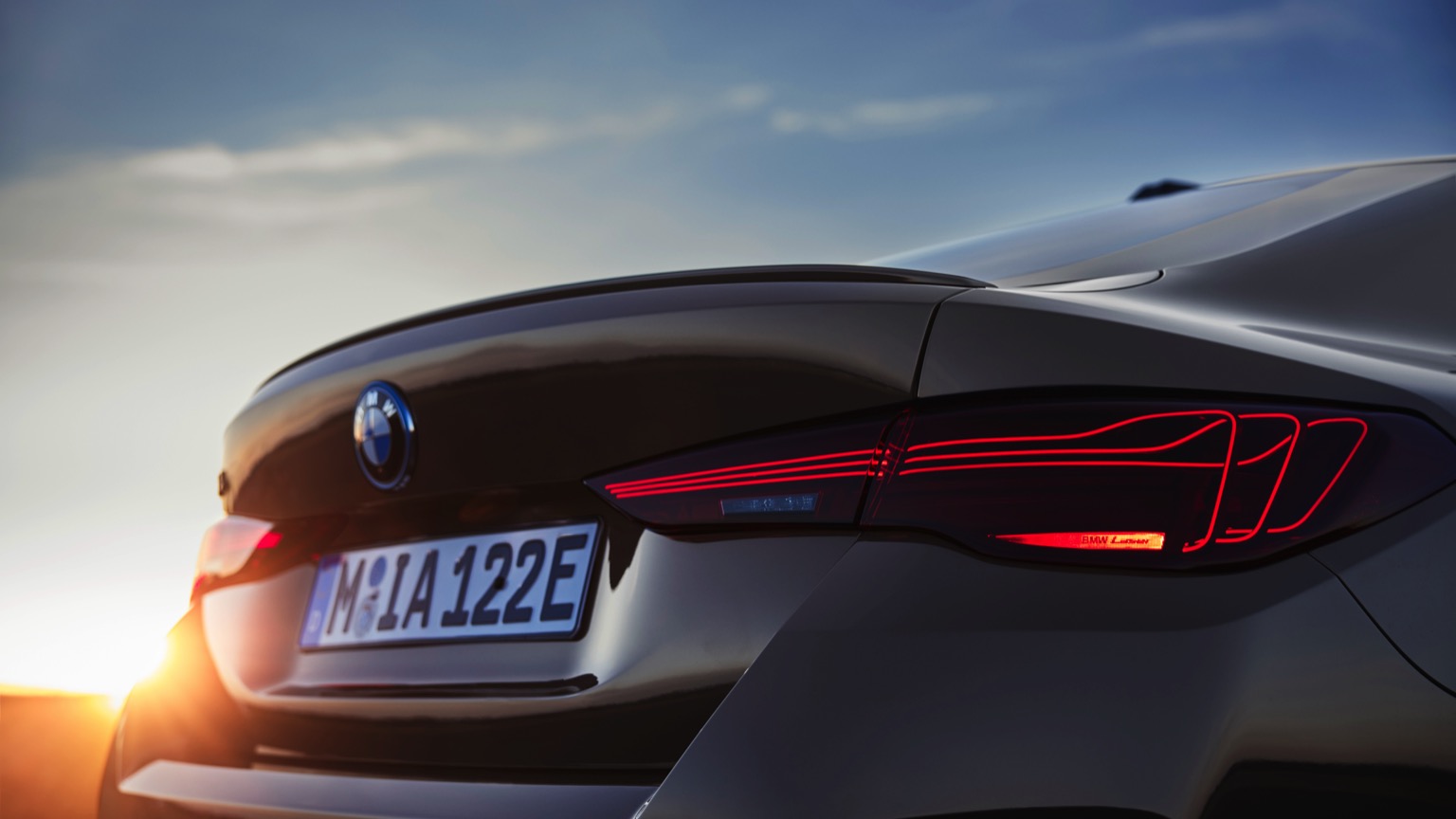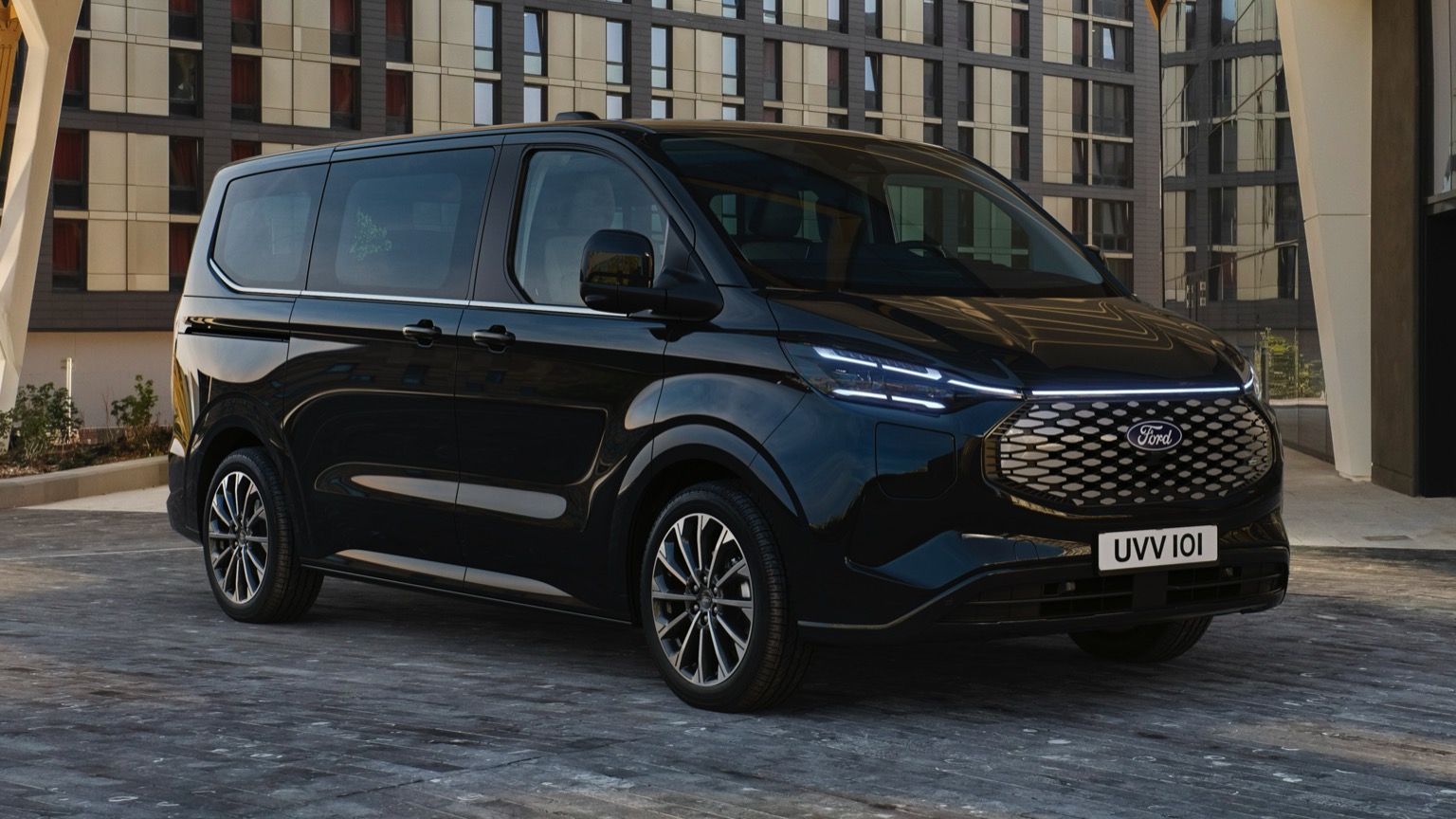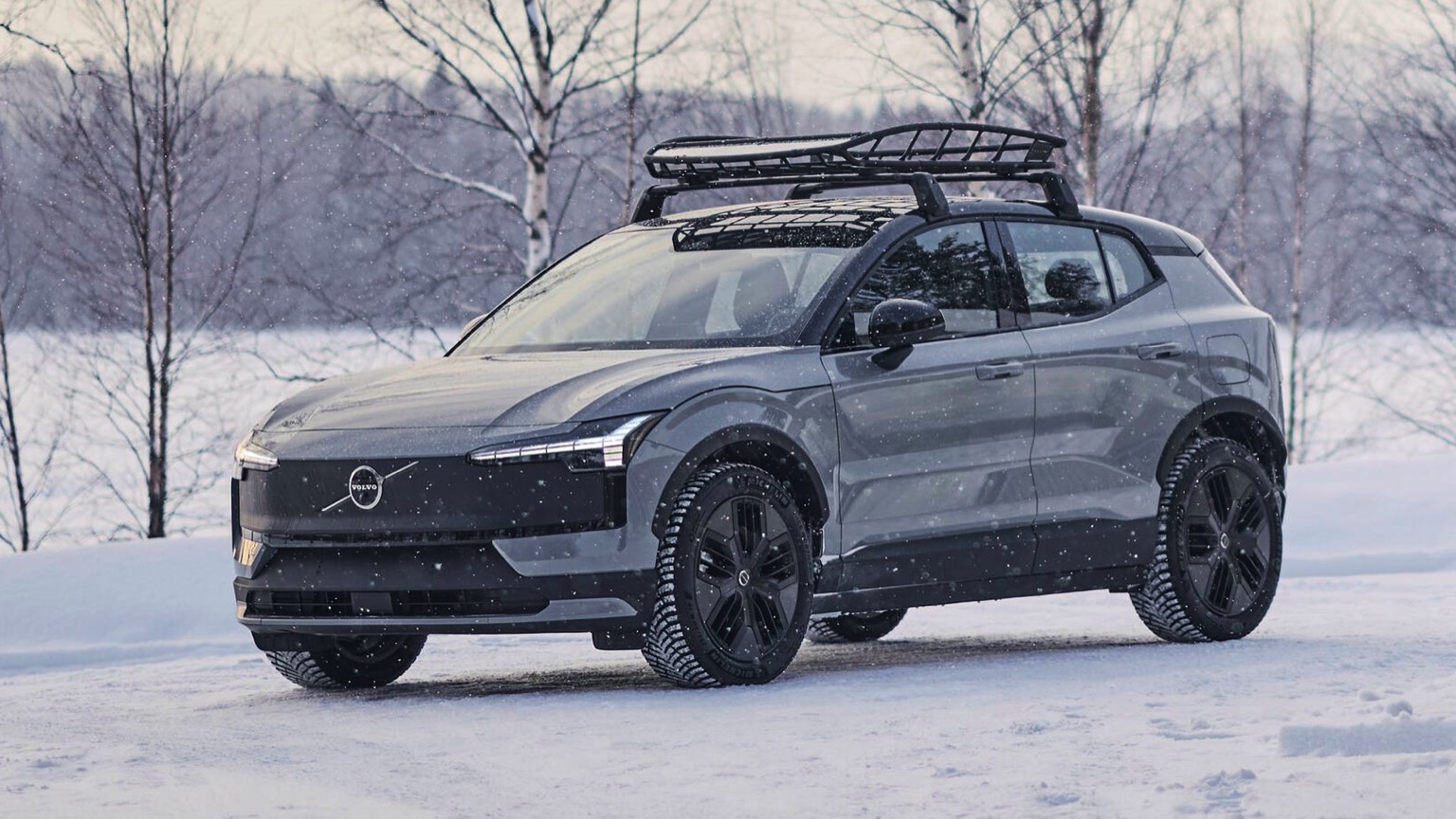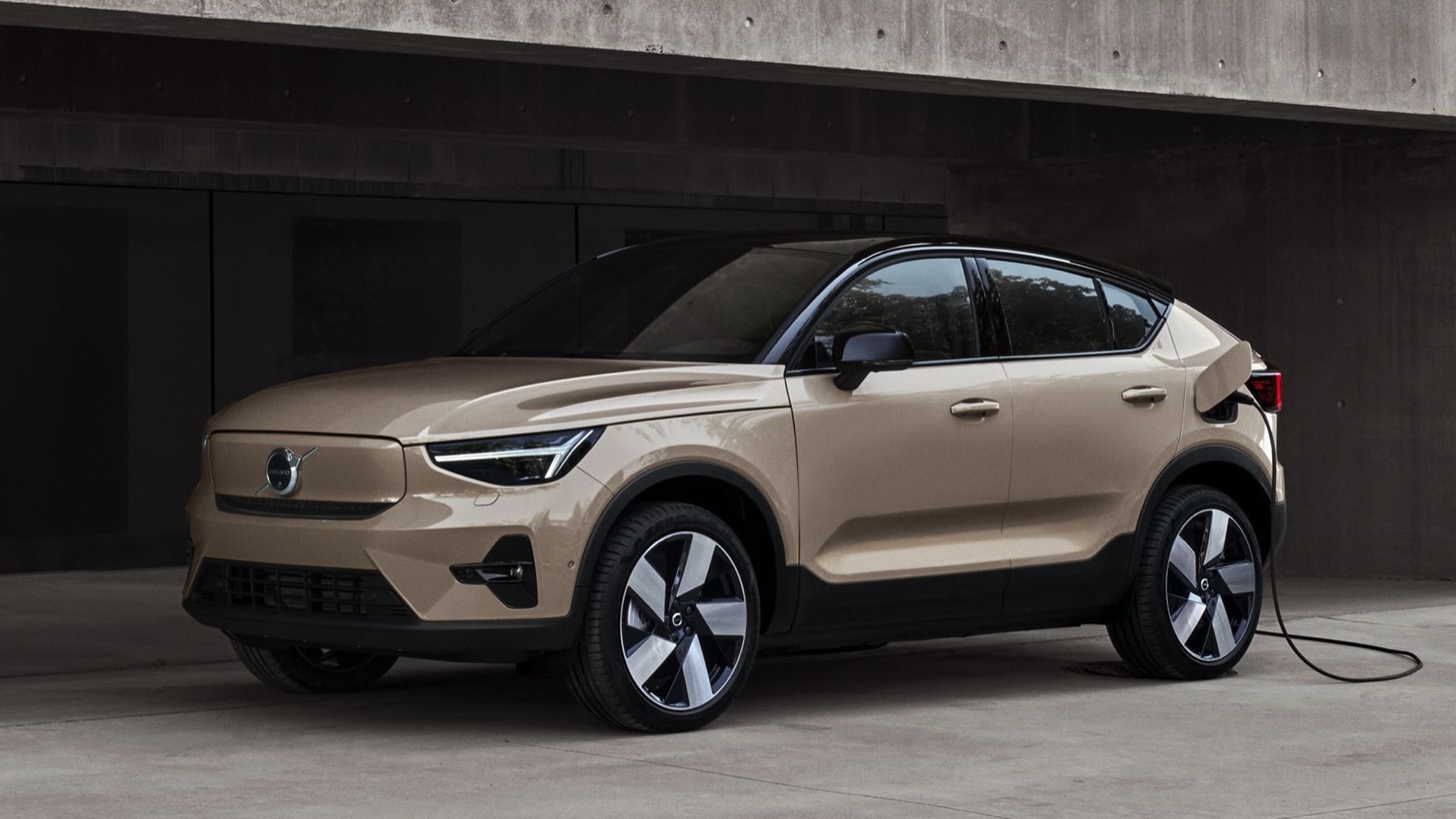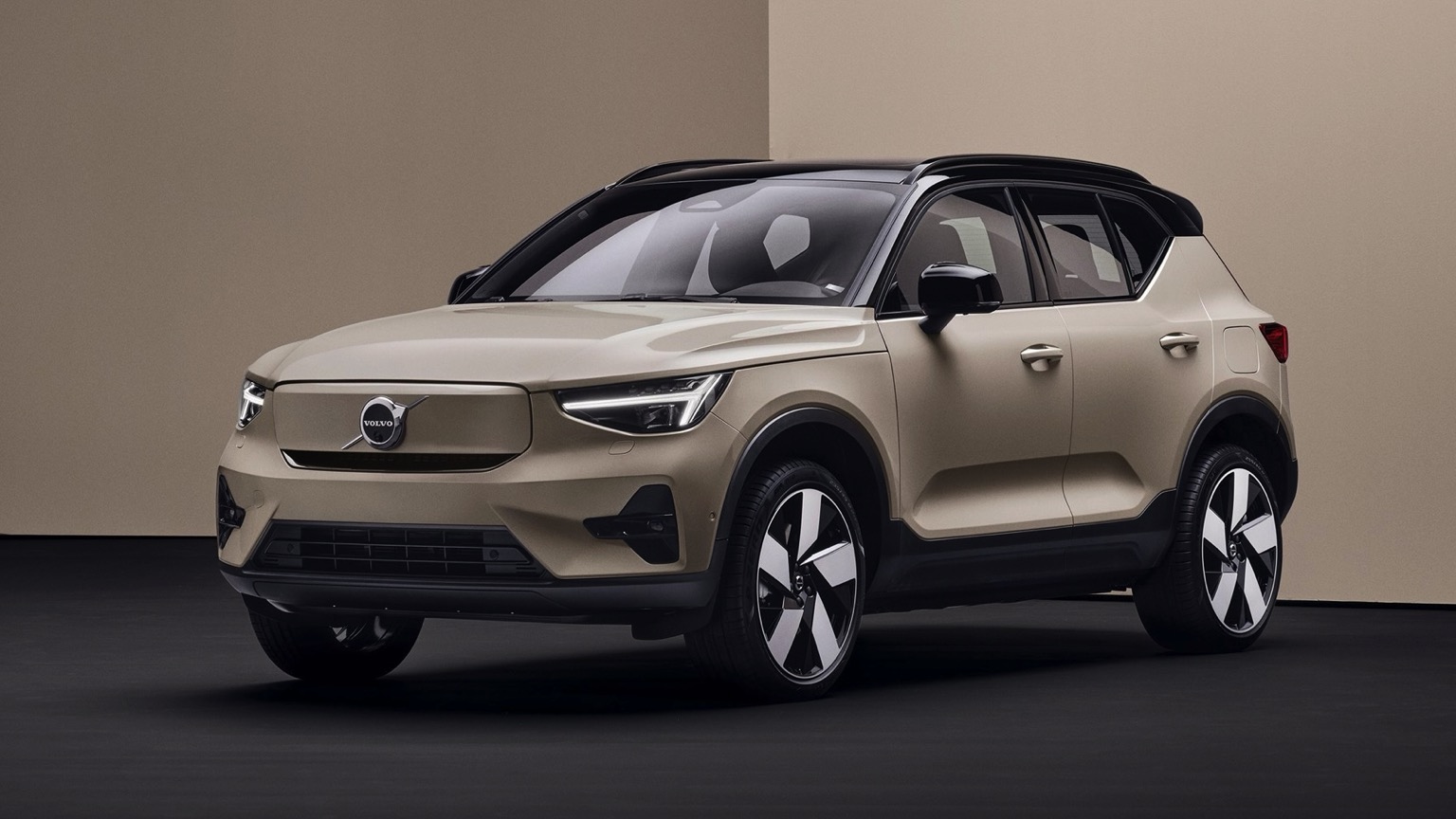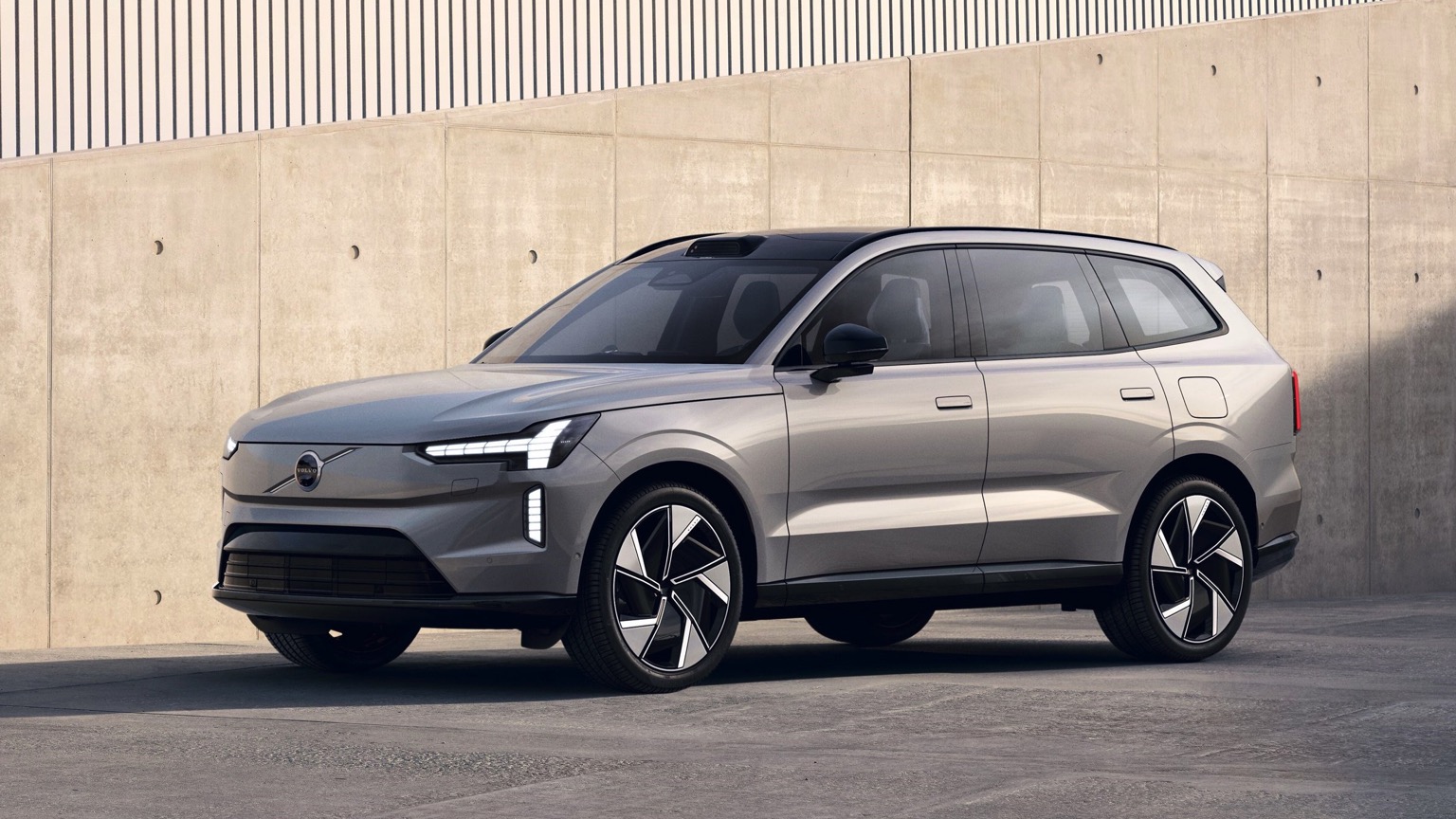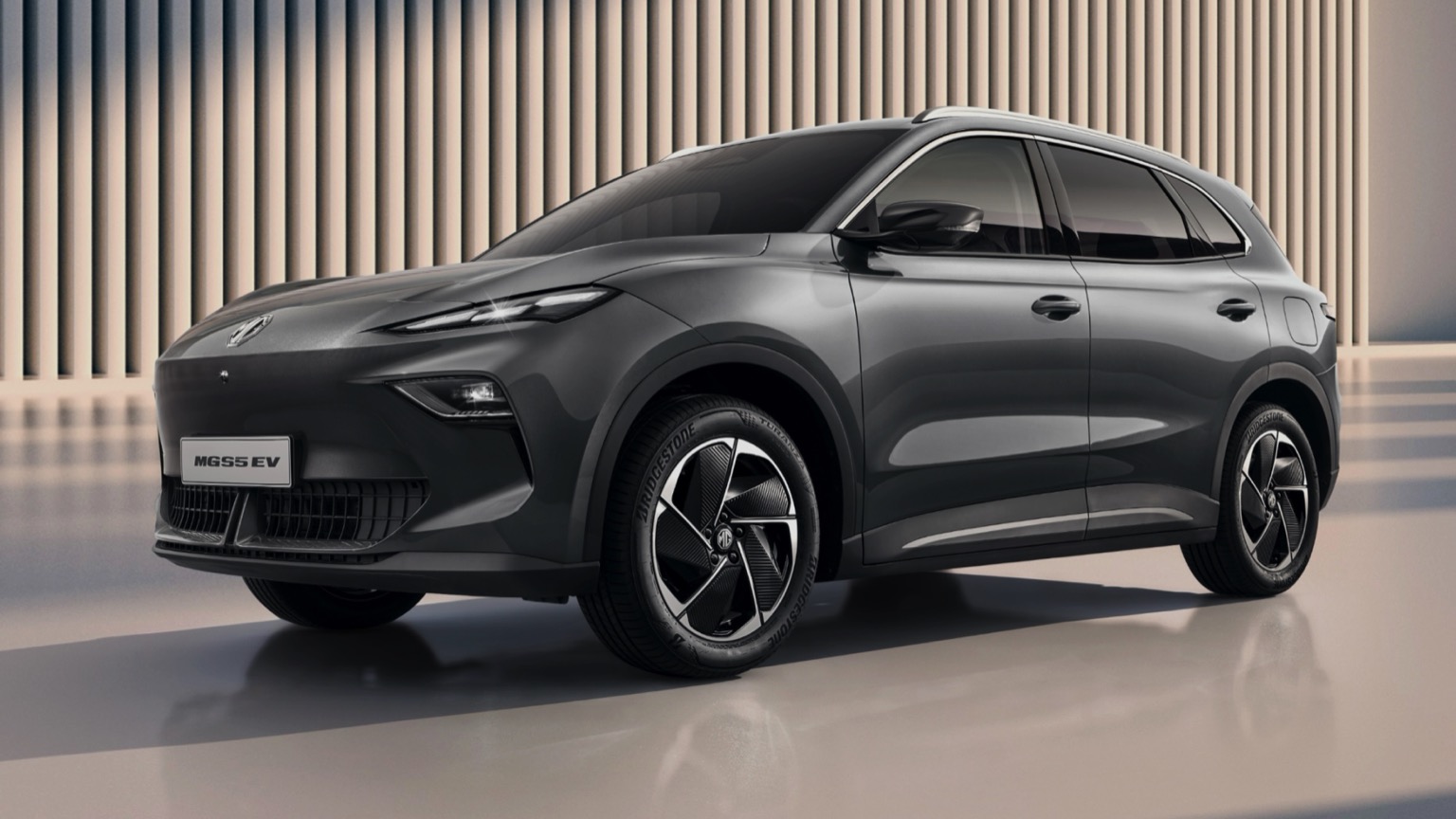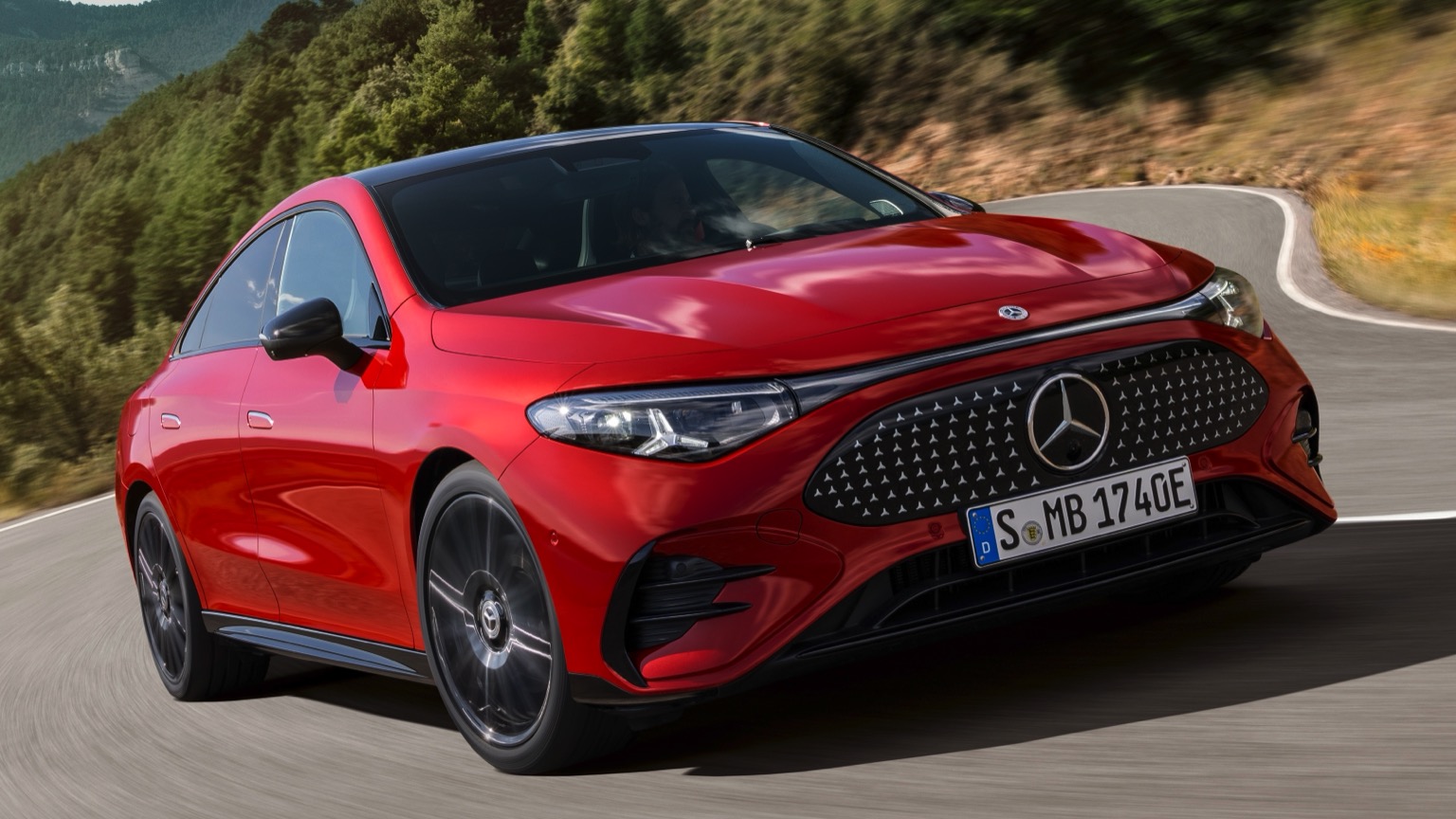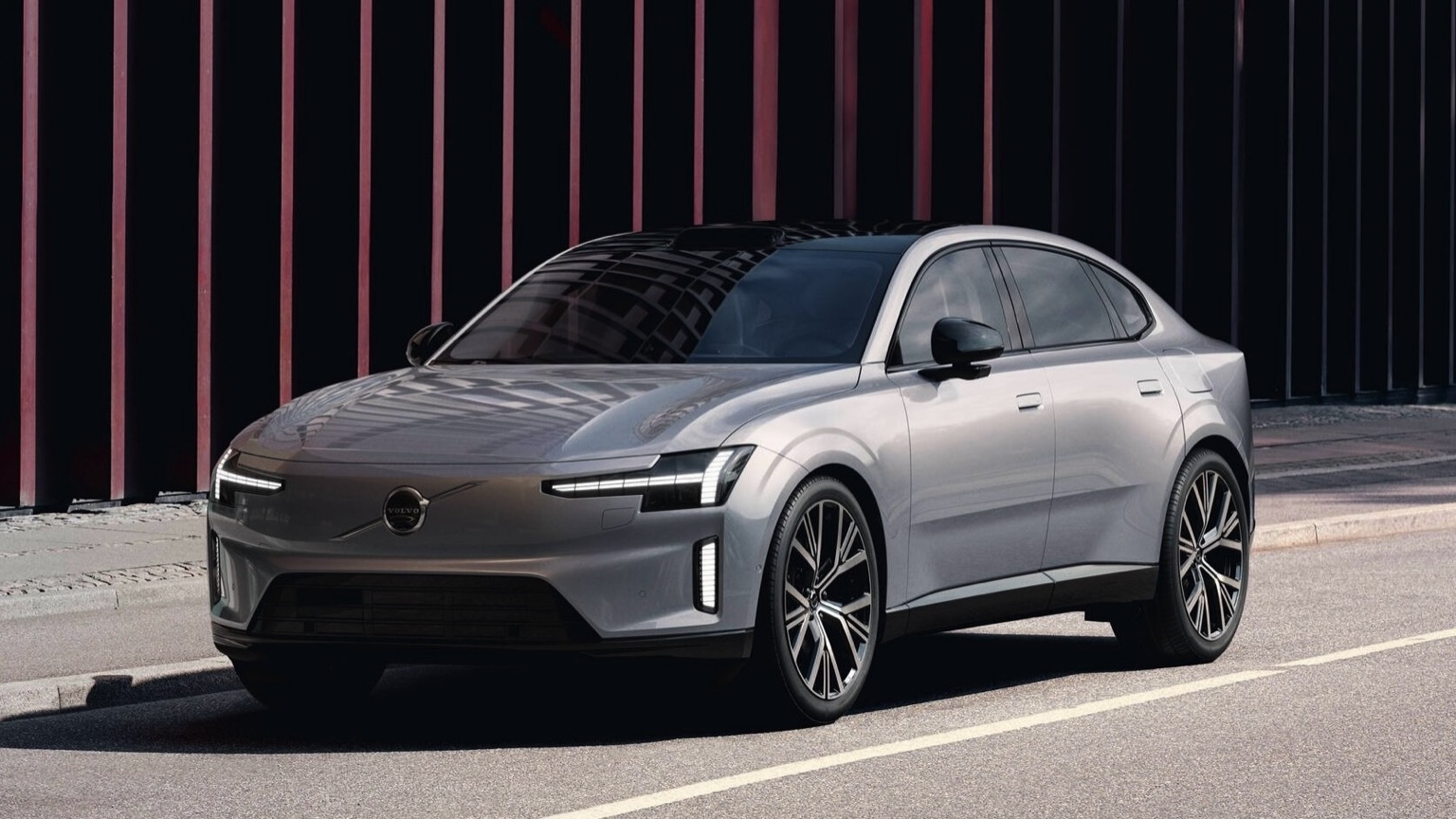Driving Range
In short, how many miles you can travel on a full charge. Is length important? Let’s not open that can of worms…
Efficiency
How many kWh of charge are needed to travel a set distance. The fewer needed, the more efficient your EV is. Easy!
Battery
The bigger the battery, the more power it can hold. In essence, fewer stops needed to top up your charge. Ahh, simplicity!
Top Speed
The maximum speed you can reach with your foot pressed hard to the floor. Important when escaping a zombie apocalypse, we assume.
Seats
Well, you don’t want to have to leave anybody at home… or do you?
Body
From stylish SUVs and compact crossovers, to curvaceous coupes and handy hatchbacks, there’s a perfect shape for everyone!
Isofix
The safe way to attach a child seat. Typically, these are hidden in the join between the back seats, alongside the crumbs from your last meal deal.
Safety Rating
A measure that considers the amount of safety kit installed, how a vehicle performs in crash testing and how safe it is for both pedestrians and cyclists.
| City - Cold Weather | 250 miles |
| Highway - Cold Weather | 190 miles |
| Combined - Cold Weather | 220 miles |
| City - Mild Weather | 385 miles |
| Highway - Mild Weather | 255 miles |
| Combined - Mild Weather | 310 miles |
Indication of real-world range in several situations. Cold weather: 'worst-case' based on -10°C and use of heating. Mild weather: 'best-case' based on 23°C and no use of A/C. For 'Highway' figures a constant speed of 110 km/h is assumed. The actual range will depend on speed, style of driving, weather and route conditions.
| Charge Port | Type 2 |
| Port Location | Right Side - Rear |
| Charge Power | 11 KW AC |
| Charge Time | 7hr 15m |
| Charge Speed | 37 mph |
| Fastcharge Port | CCS |
| FC Port Location | Right Side - Rear |
| Fastcharge Power (max) | 180 |
| Fastcharge Time | 31m |
| Fastcharge Speed | 350 mph |
General Charging (0 - 100%)
Charging is possible by using a regular wall plug or a charging station. Public charging is always done through a charging station. How fast the EV can charge depends on the charging station (EVSE) used and the maximum charging capacity of the EV
| Charging Point:Charging Point | Power:Power | Time:Time |
|---|---|---|
| Charging Point:Wall Plug | Power:2.3 kW | Time:34hr 30m |
| Charging Point:1-Phase 16A | Power:3.68 kW | Time:21hr 30m |
| Charging Point:1-Phase 32A | Power:7.36 kW | Time:10hr 45m |
| Charging Point:3-Phase 16A | Power:3.68 kW | Time:7hr 15m |
| Charging Point:3-Phase 32A | Power:7.36 kW | Time:7hr 15m |
Rapid Charging (10 - 80%)
Rapid charging enables longer journeys by adding as much range as possible in the shortest amount of time. Charging power will decrease significantly after 80% state-of-charge (SoC) has been reached.
| Charging Point:Charging Point | Average Power:Average Power | Time:Time |
|---|---|---|
| Charging Point:CCS 50 | Average Power:45 kW | Time:1hr 6m |
| Charging Point:CCS 100 | Average Power:75 kW | Time: 40m |
| Charging Point:CCS 150 | Average Power:90 kW | Time: 33m |
| Charging Point:CCS 175 | Average Power:90 kW | Time: 33m |
| Charging Point:CCS 350 | Average Power:95 kW | Time: 31m |
| EVDB Real Range | 265 miles |
| EVDB Vehicle Consumption | 253 Wh/mi |
| EVDB CO2 Emissions | 0 g/mi |
| EVDB Vehicle Fuel Equivalent | 1.6 l/100mi |
| WLTP Real Range | 311 miles |
| WLTP Rated Consumption | 24.3 Wh/mi |
| WLTP Vehicle Consumption | 21.6 Wh/mi |
| WLTP CO2 Emissions | 0 g/mi |
| WLTP Rated Fuel Equivalent | 1.66 l/100mi |
| WLTP Vehicle Fuel Equivalent | 1.87 l/100mi |
| Acceleration 0 - 100 km/h | 6 sec |
| Top Speed | 118 mph |
| Electric Range* | 265 miles |
| Total Power* | 210 kWh |
| Total Torque* | 400 Nm |
| Drive | Rear |
| Safety Rating | N/A |
| Rating Year | N/A |
| Adult Occupant | N/A |
| Child Occupant | N/A |
| Vulnerable Road Users | N/A |
| Safety Assist | N/A |
For more details on the safety rating of this vehicle, visit euroncap.com
| Nominal Capacity | 70.3 kWh |
| Battery Type | Lithium-ion |
| Number of Cells | N/A |
| Architecture | 400 V |
| Useable Capacity | 67.1 kWh |
| Cathode Material | N/A |
| Pack Configuration | N/A |
| Nominal Voltage | 353 V |
| Length | 4783 mm |
| Width | 1852 mm |
| Width (with mirrors) | 2073 mm |
| Height | 1448 mm |
| Wheelbase | 2856 mm |
| Weight Unladen (EU) | 2075 kg |
| Gross Vehicle Weight (GVWR) | 2555 kg |
| Max. Payload | 555 kg |
| Cargo Volume | 470 L |
| Cargo Volume (Max) | 1290 L |
| Cargo Volume Frunk | N/A |
| Roof Load | 75 kg |
| Tow Hitch Possible | Yes |
| Towing Weight Unbraked | 750 kg |
| Towing Weight Braked | 1600 kg |
| Vertical Load Max | 75 kg |
| Seats | 5 |
| Isofix | Yes, 2 seats |
| Turning Circle | 12.5m |
| Platform | BMW CLAR |
| Car Body | Liftback Saloon |
| Segment | D |
| Roof Rails | No |
| EV Dedicated Platform | No |
* = estimated value. Average energy consumption and range based on moderate drive style and climate. Real-life values may differ significantly. Pricing information might not be actual for some regions. No rights can be derived from the information on this site.
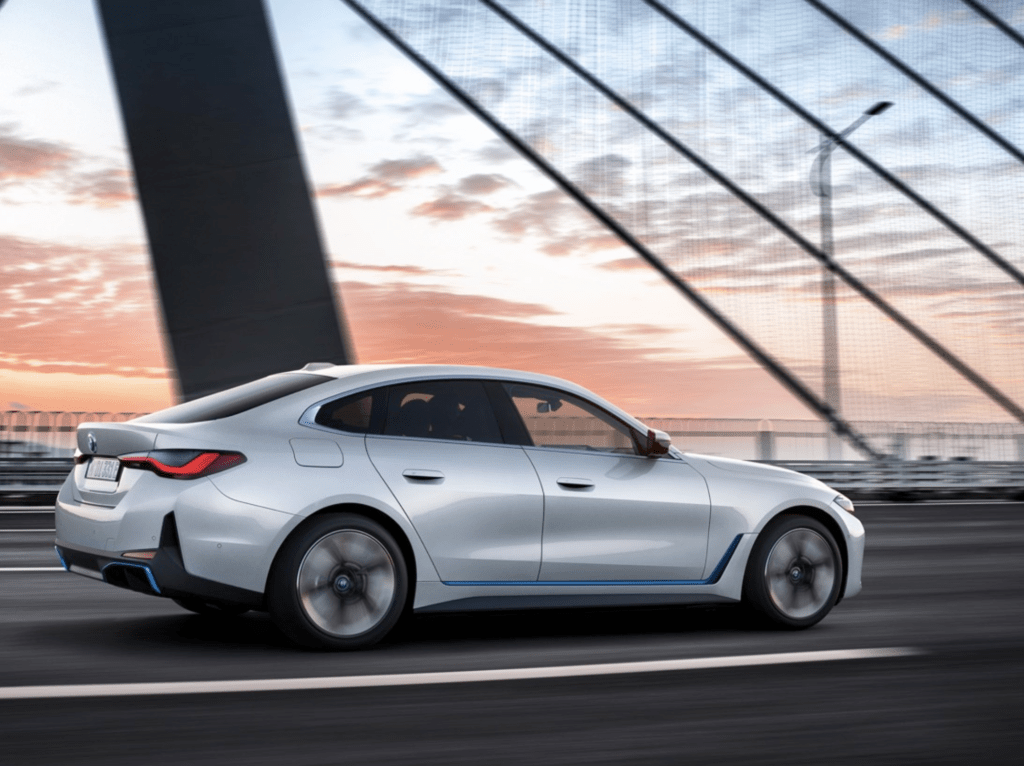
BMWi4 eDrive35 Charging Guide
The BMW i4 exemplifies the renowned luxury car maker’s venture into the electric vehicle domain. Merging BMW’s iconic driving dynamics with electric vehicle efficiency, the i4 stands as a beacon of the brand’s dedication to eco-friendly yet thrilling driving experiences. It embodies BMW’s legacy of innovation and elegance, all the while leading the charge in eco-conscious automotive performance.
The BMW i4 is more than an electric car – it’s a seamless blend of BMW’s signature driving joy and the benefits of electrified transportation. Marked by competitive pricing, efficient charging, dynamic all-wheel drive, and German precision, the i4 is an appealing choice for those valuing luxury, high performance, and environmental stewardship. It marks a pivotal advancement in BMW’s electric evolution, previewing the future of automotive travel.
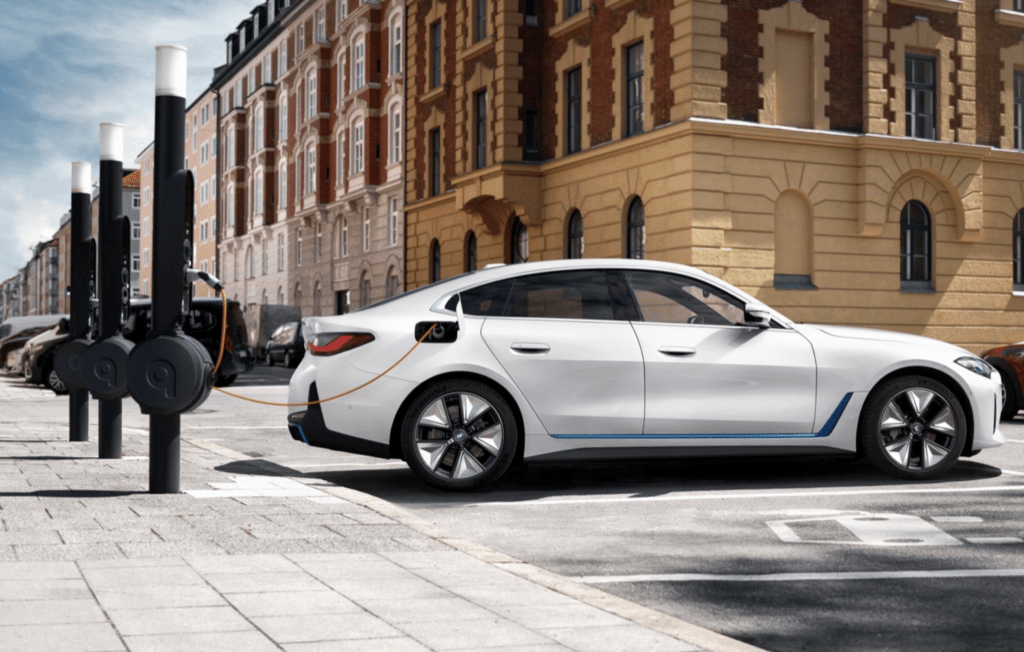
How to charge the BMW i4.
Effortless and efficient, charging the BMW i4 aligns with the vehicle’s ethos of convenience. Home charging is the most common method, where a Level 2 charger facilitates overnight charging, ensuring the vehicle is fully powered for daily use.
For longer trips, the i4 can be powered at public charging stations, including DC fast chargers. The BMW navigation system aids in easily locating nearby charging stations, enhancing the convenience for drivers on the move.
How long does it take to charge the BMW i4 eDrive35?
9 hours 34 minutes**Using a standard 7kWh charger, such as zappi it would take 9 hours and 34 minutes to fully charge your 67kWh battery. The BMW i4 eDrive35 also has the capability to be charged on the 22kWh zappi, which would reduce this charging time down to 7 hours and 15 minutes.
What is the range of the BMW i4 eDrive35?
265 miles**The range of the BMW i4 eDrive35 with the 67kWh battery, differs between 190 miles and 385 miles depending on your driving conditions and the type of road. Typically, the average range from a full charge will be around 265 miles.
How much does it cost to charge the BMW i4 eDrive35?
£5.03**It could cost just £7.63 to charge the BMW i4 eDrive35, with the 67kWh battery, when fully utilising off-peak charging on an Octopus Intelligent tariff, at 0.075p/kWh. In contrast, peak charging on a standard rate of 0.34p/kWh can cost £22.78 to charge up.
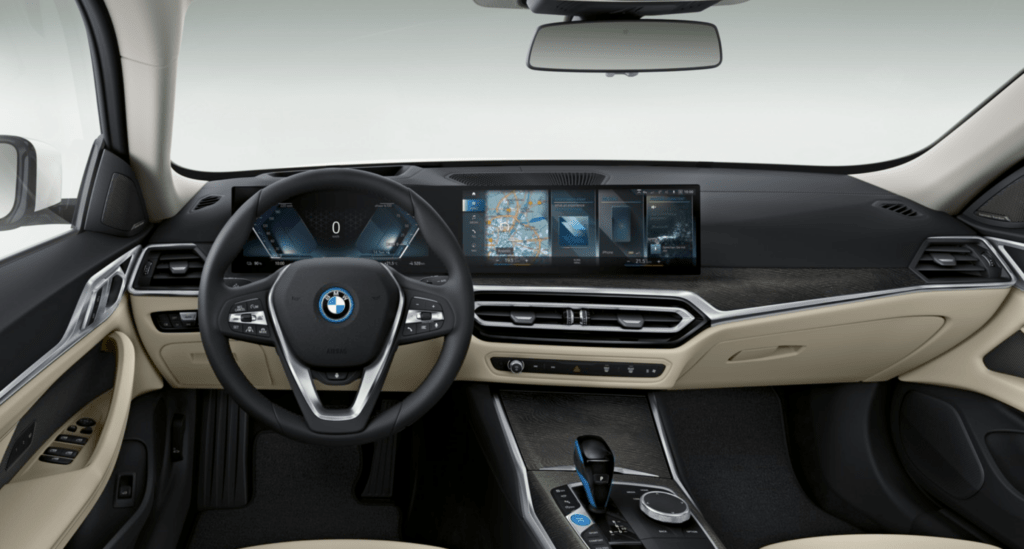
Is the BMW i4 all-wheel drive?
The BMW i4 offers an all-wheel drive (AWD) option, particularly in its performance-focused models like the i4 M50. This AWD setup augments the vehicle’s stability and handling, optimizing power distribution for superior traction and performance across varying driving scenarios.
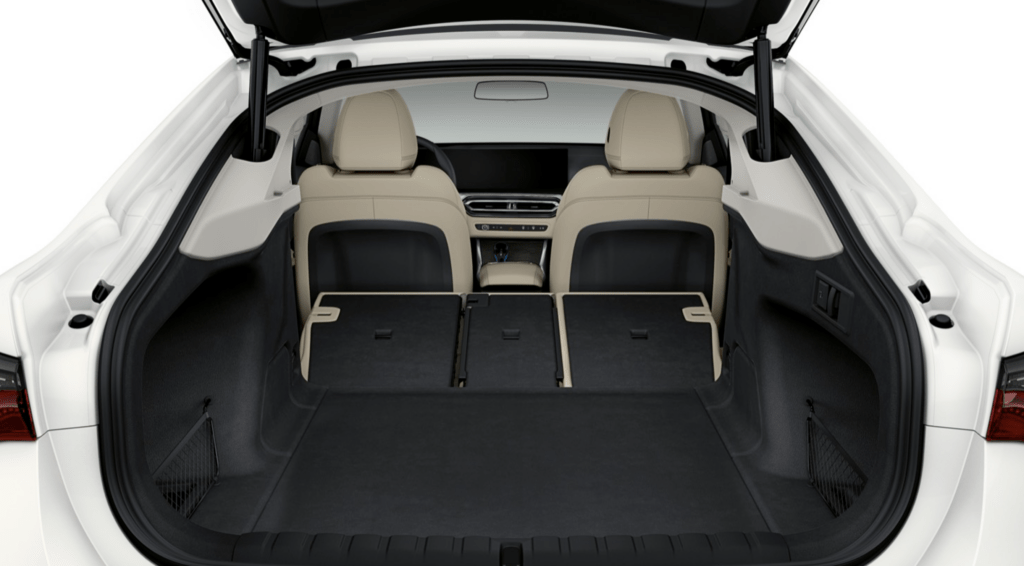
Where is the BMW i4 made?
BMW’s Munich, Germany plant is the birthplace of the i4, signifying BMW’s stride in sustainable and innovative manufacturing. This facility has been extensively modified to accommodate the production of electric vehicles alongside traditional combustion-engine cars, symbolising BMW’s dedication to sustainable practices and technological advancement.
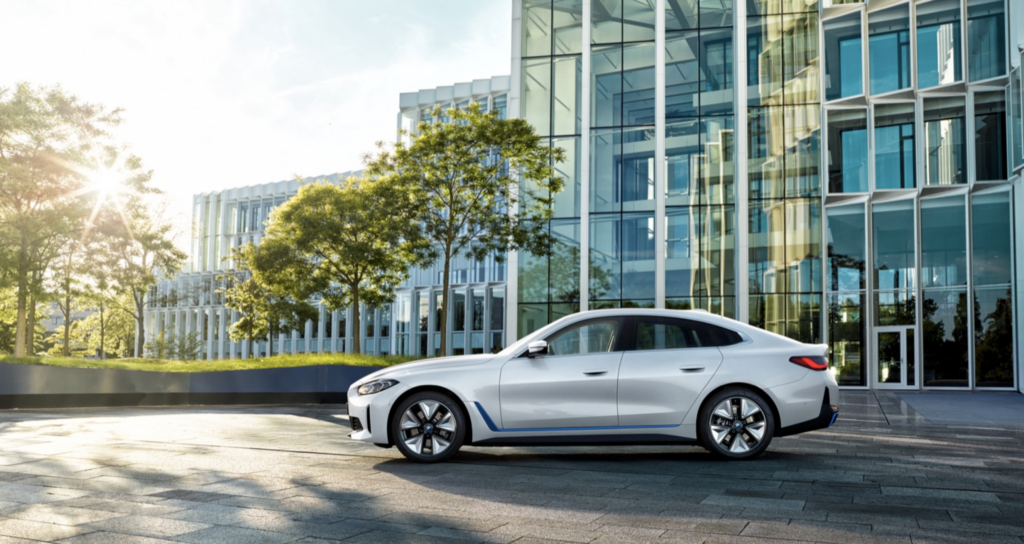
How much is the BMW i4?
With a starting price of about £49,995*, the BMW i4 is positioned as a high-end electric vehicle. This price point mirrors its fusion of BMW’s luxury, advanced electric technology, and comprehensive high-end features. Targeted at discerning motorists, the i4 combines the esteemed performance and prestige of BMW with a progressive, electrically powered approach to mobility.
*Price correct as of November 2023.
Similar Electric Vehicles

